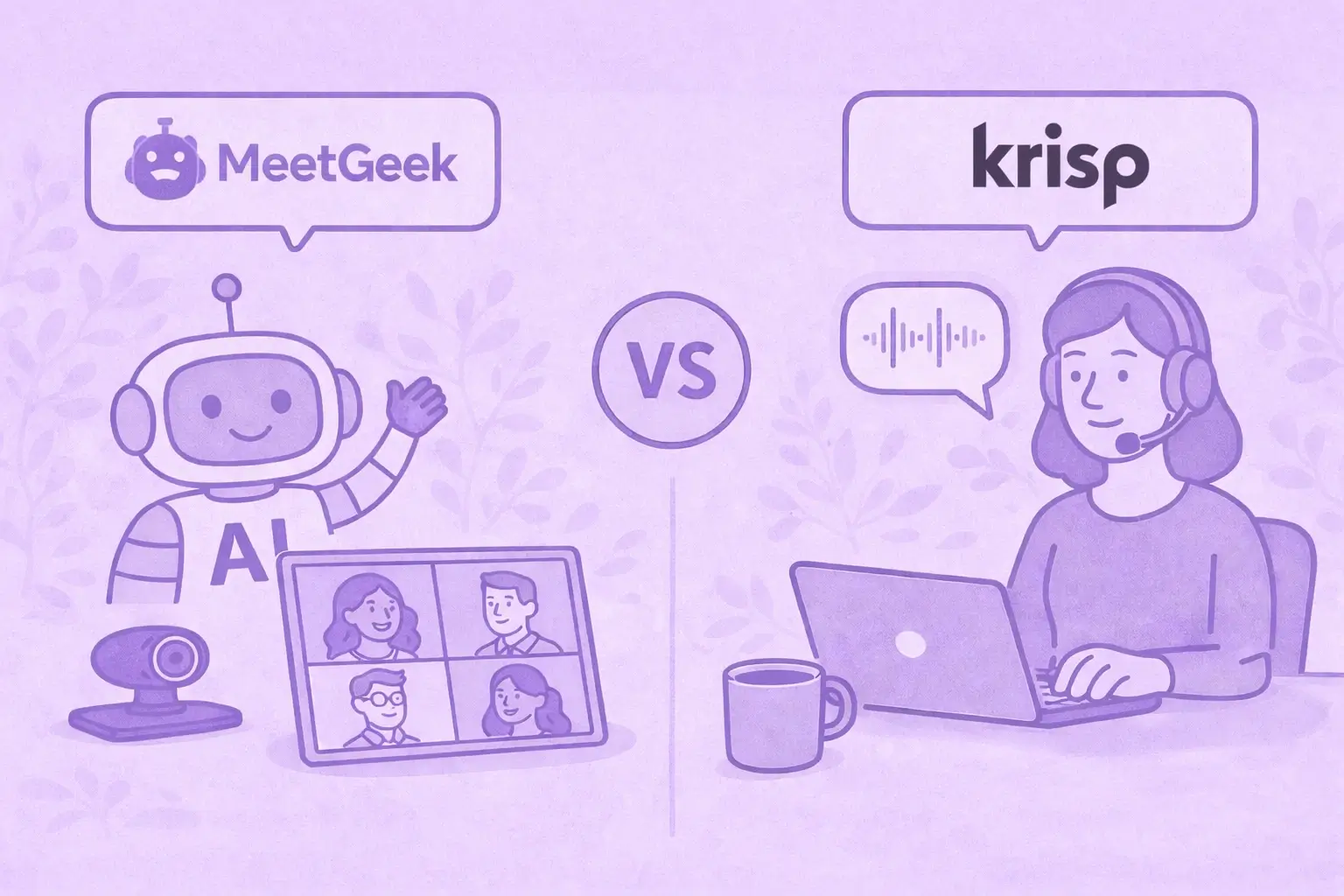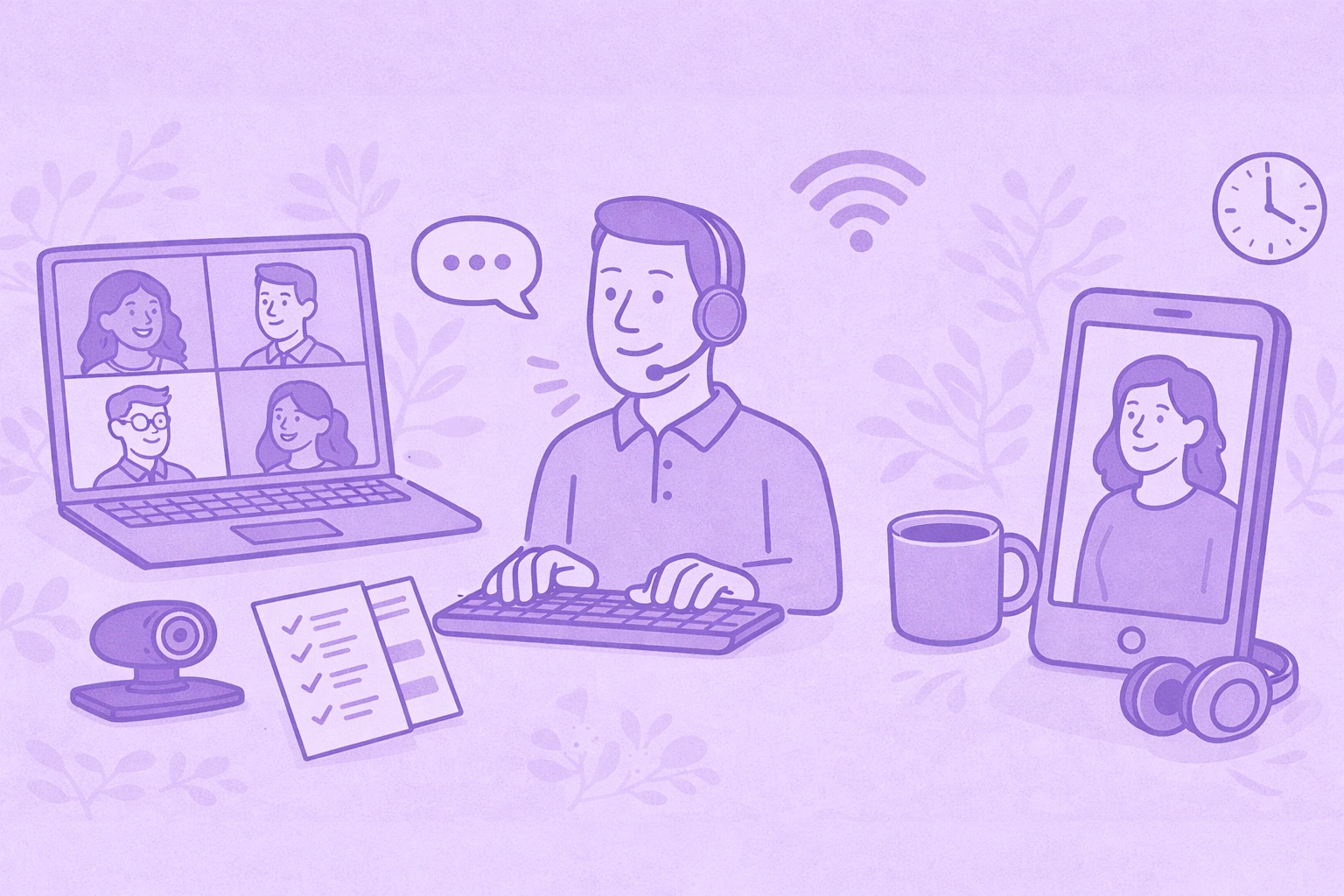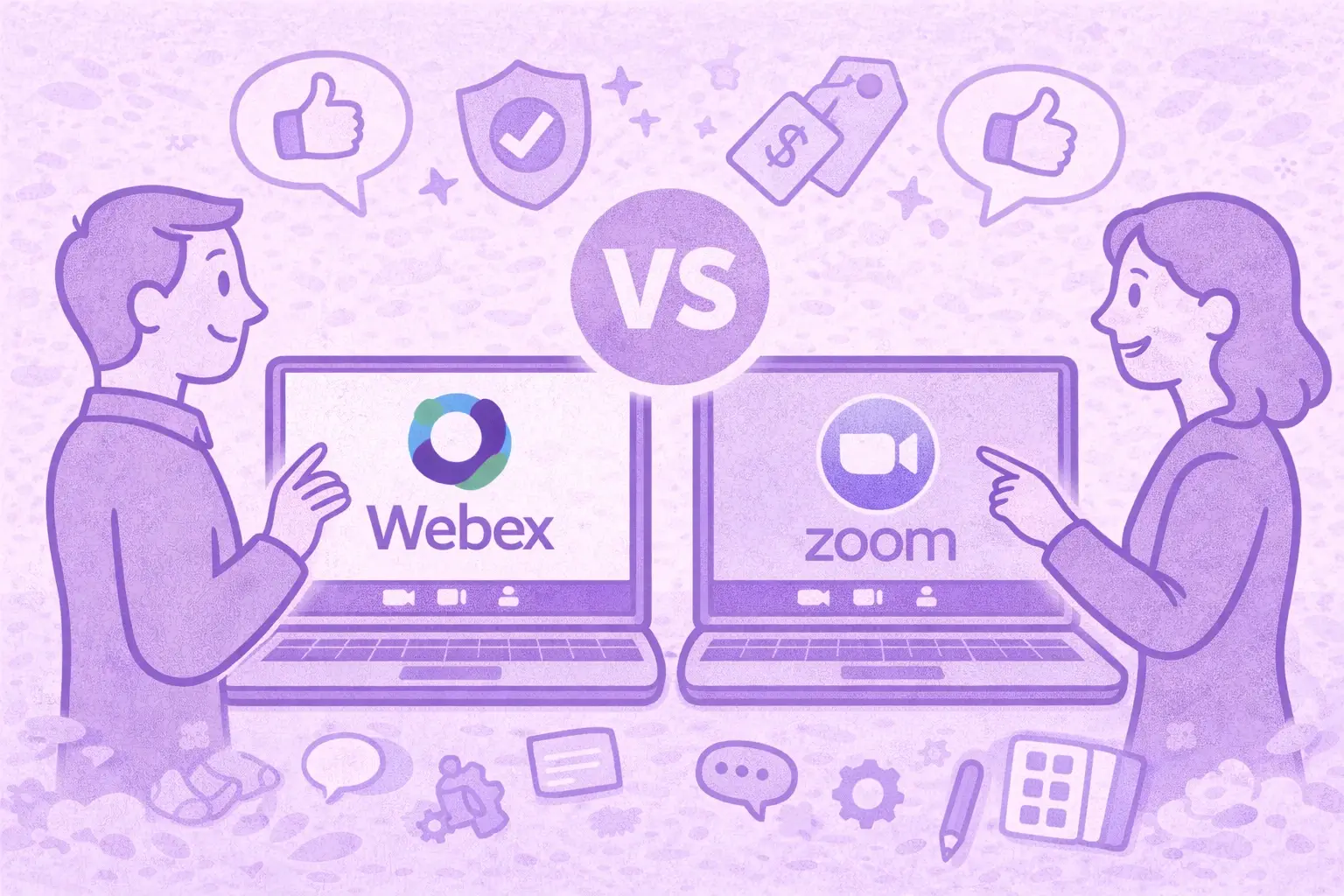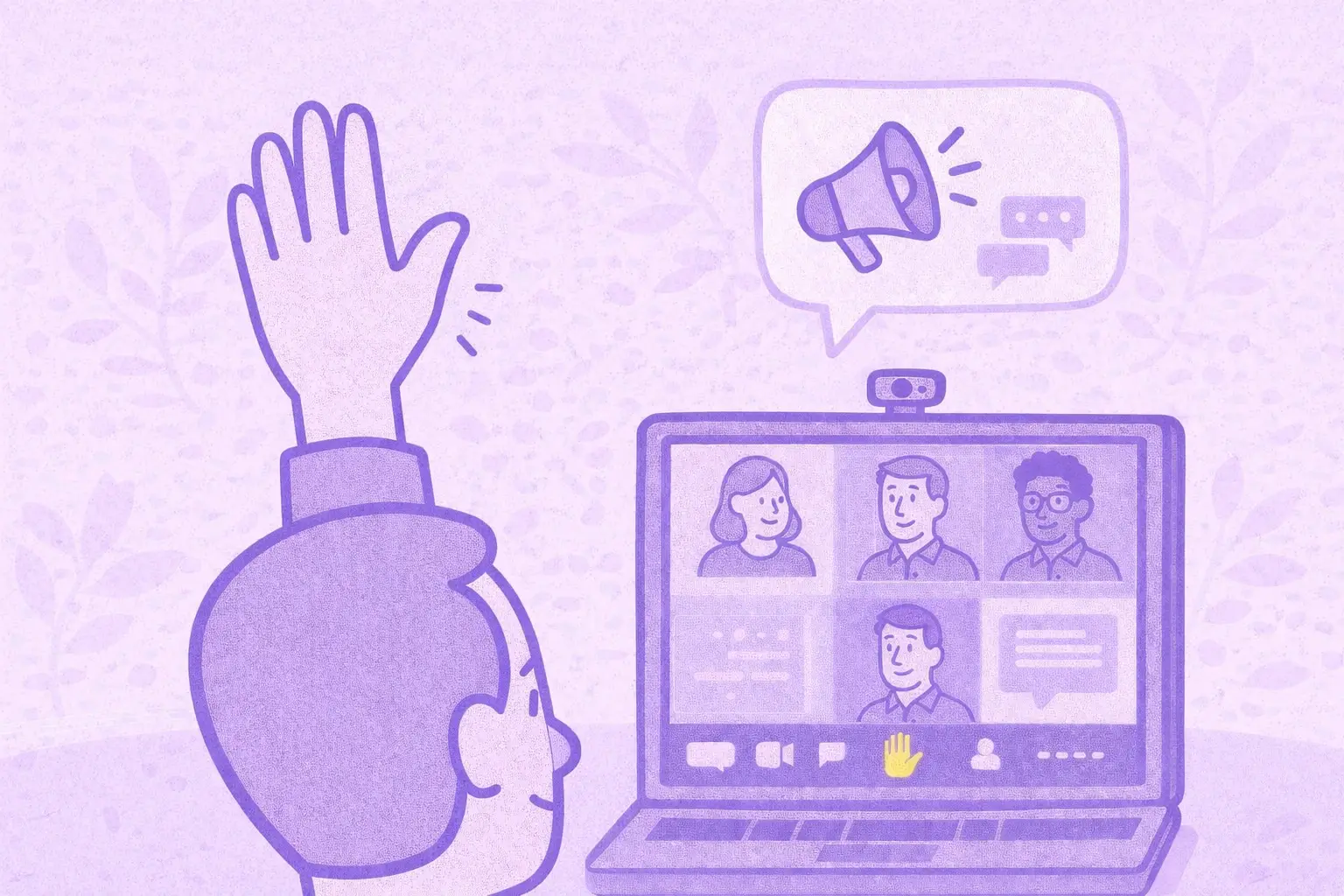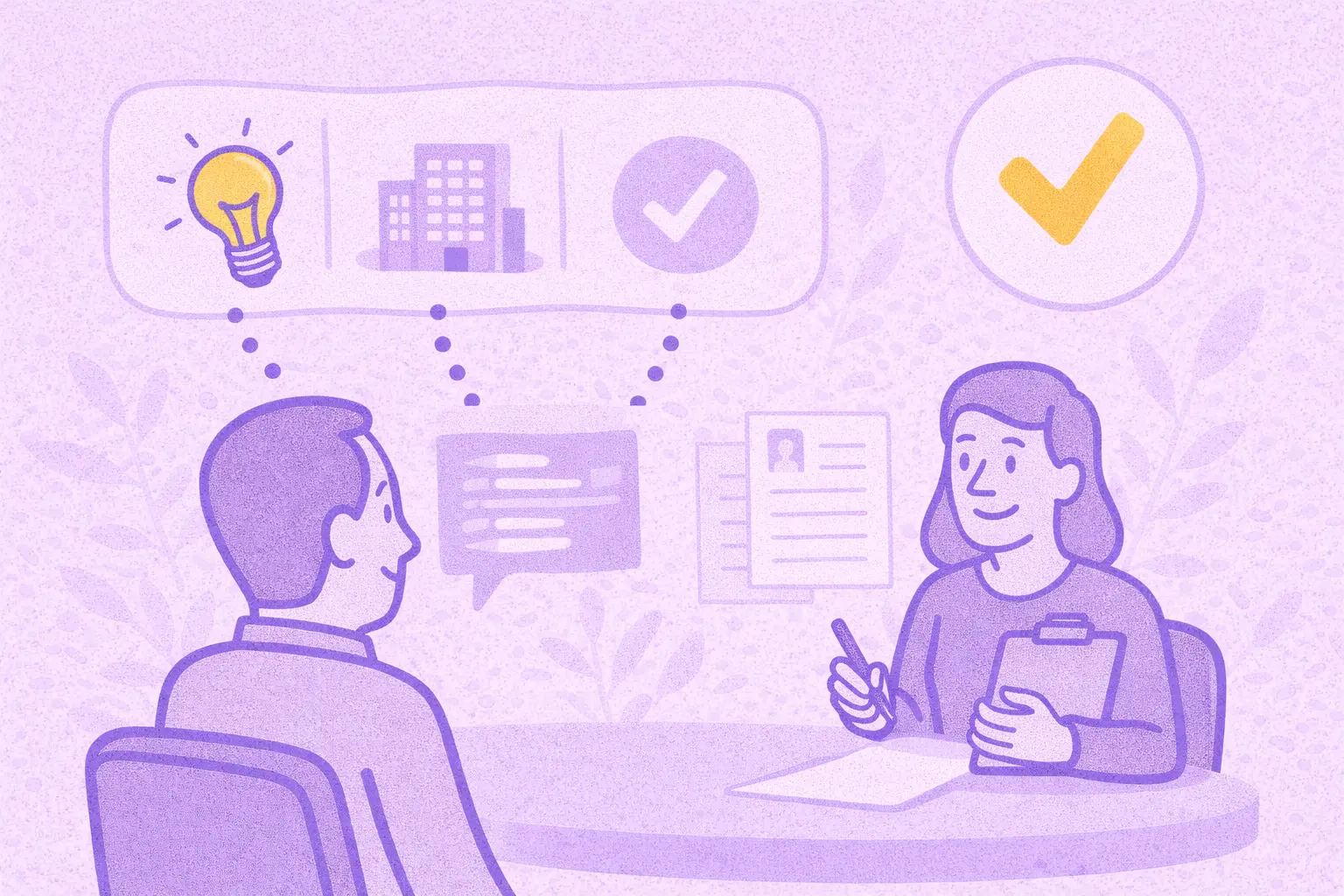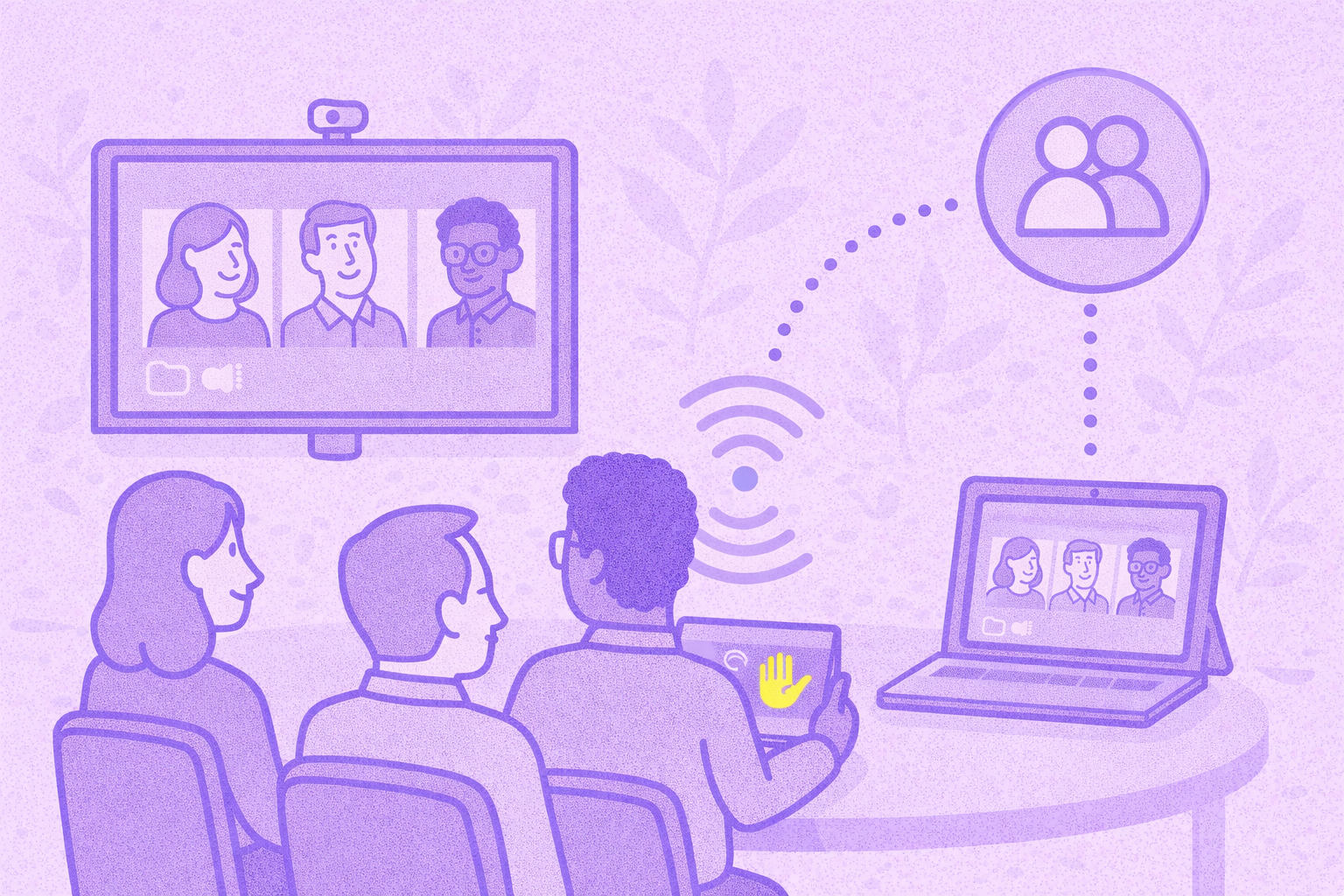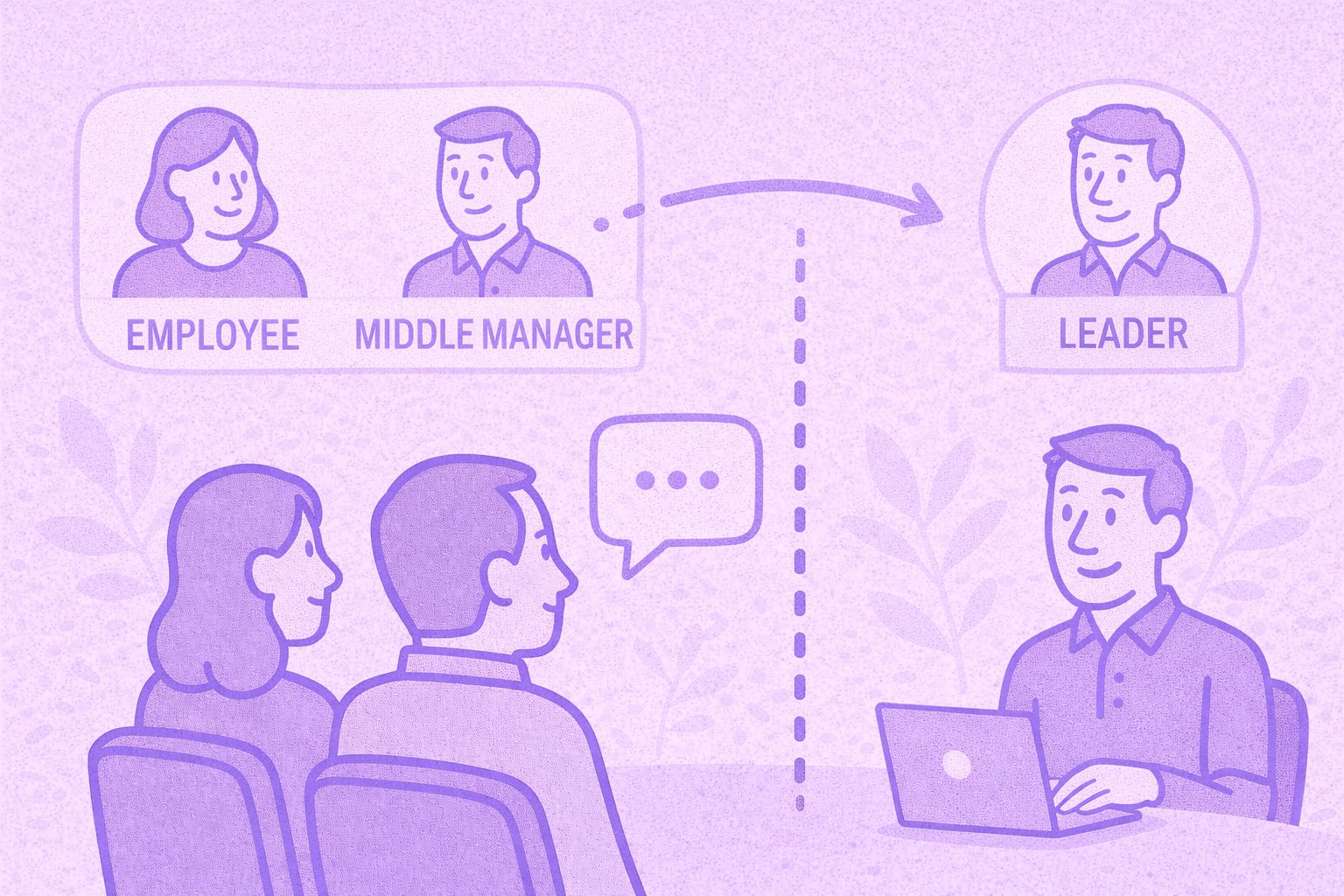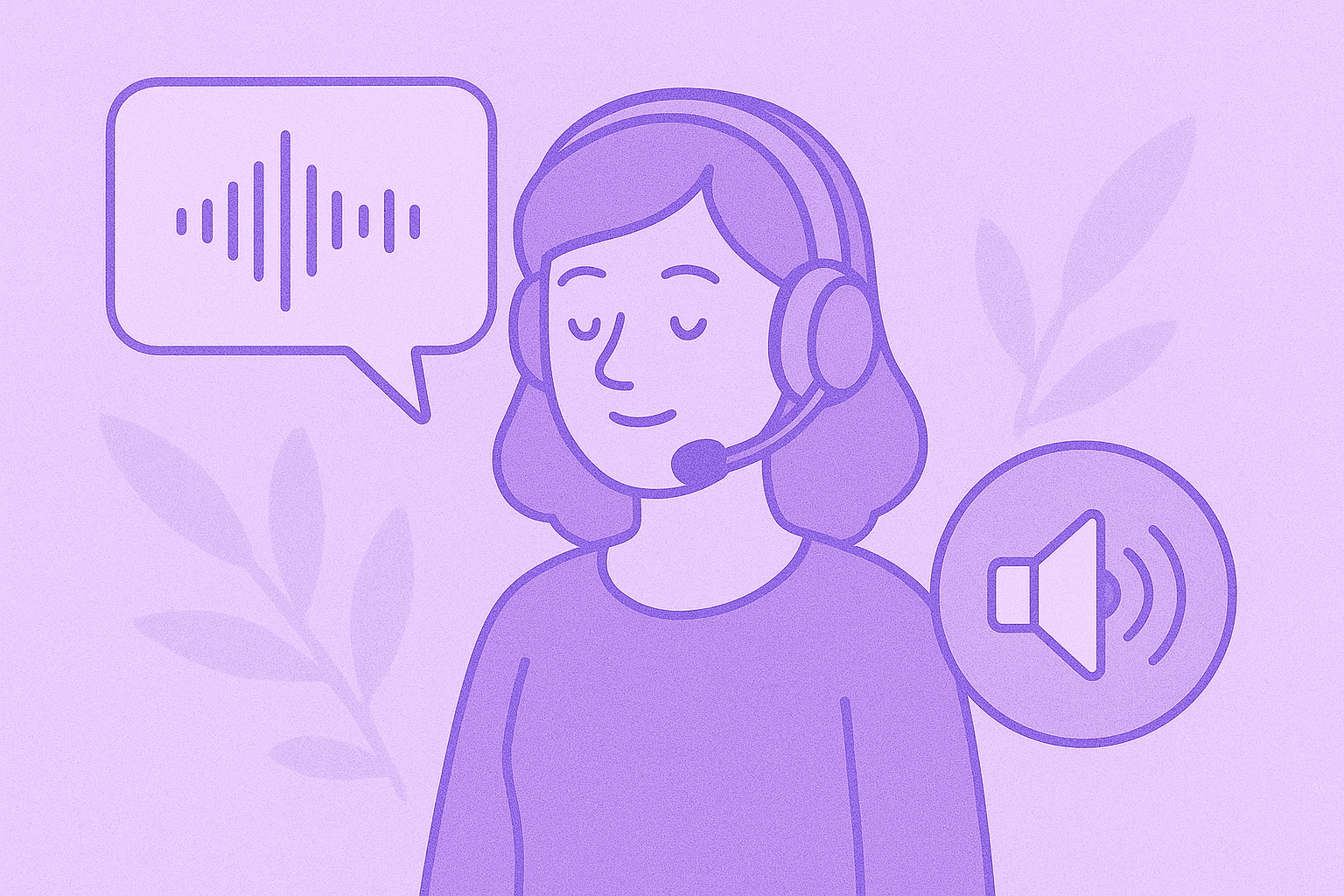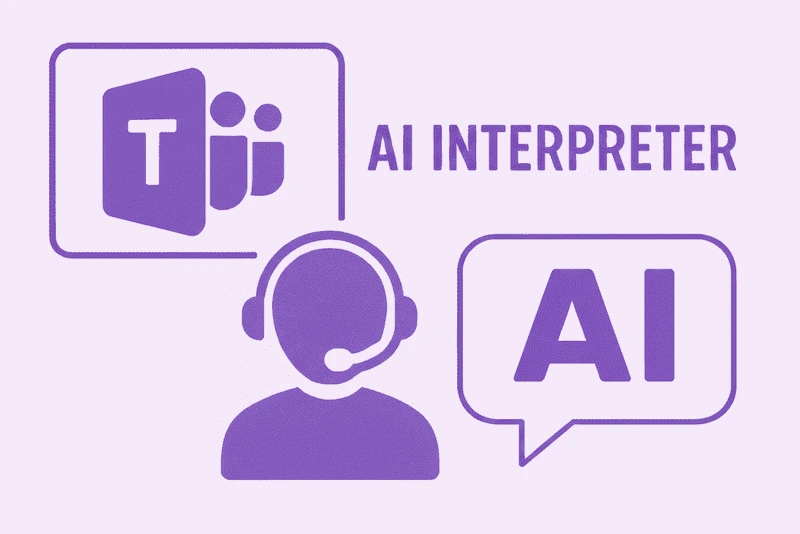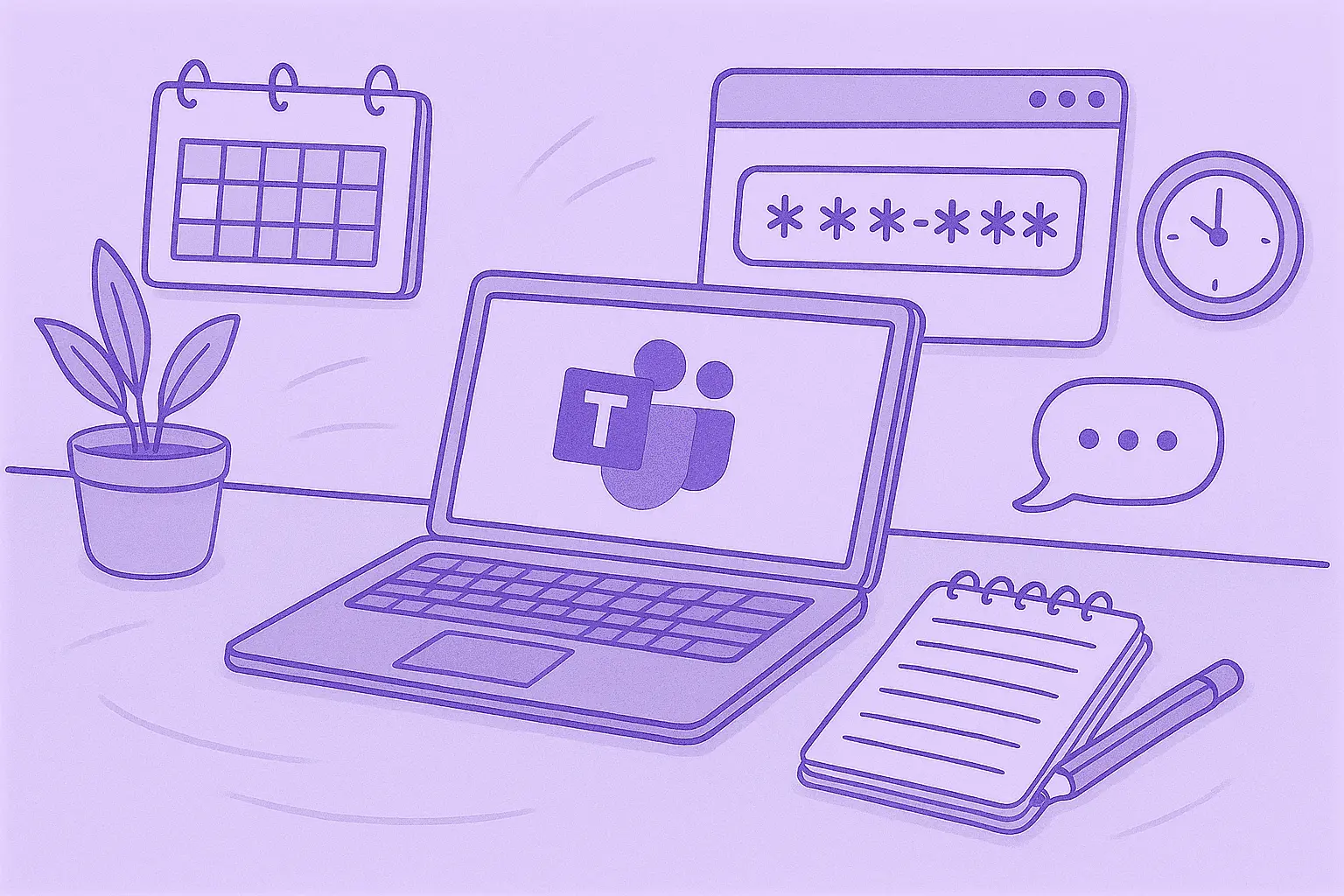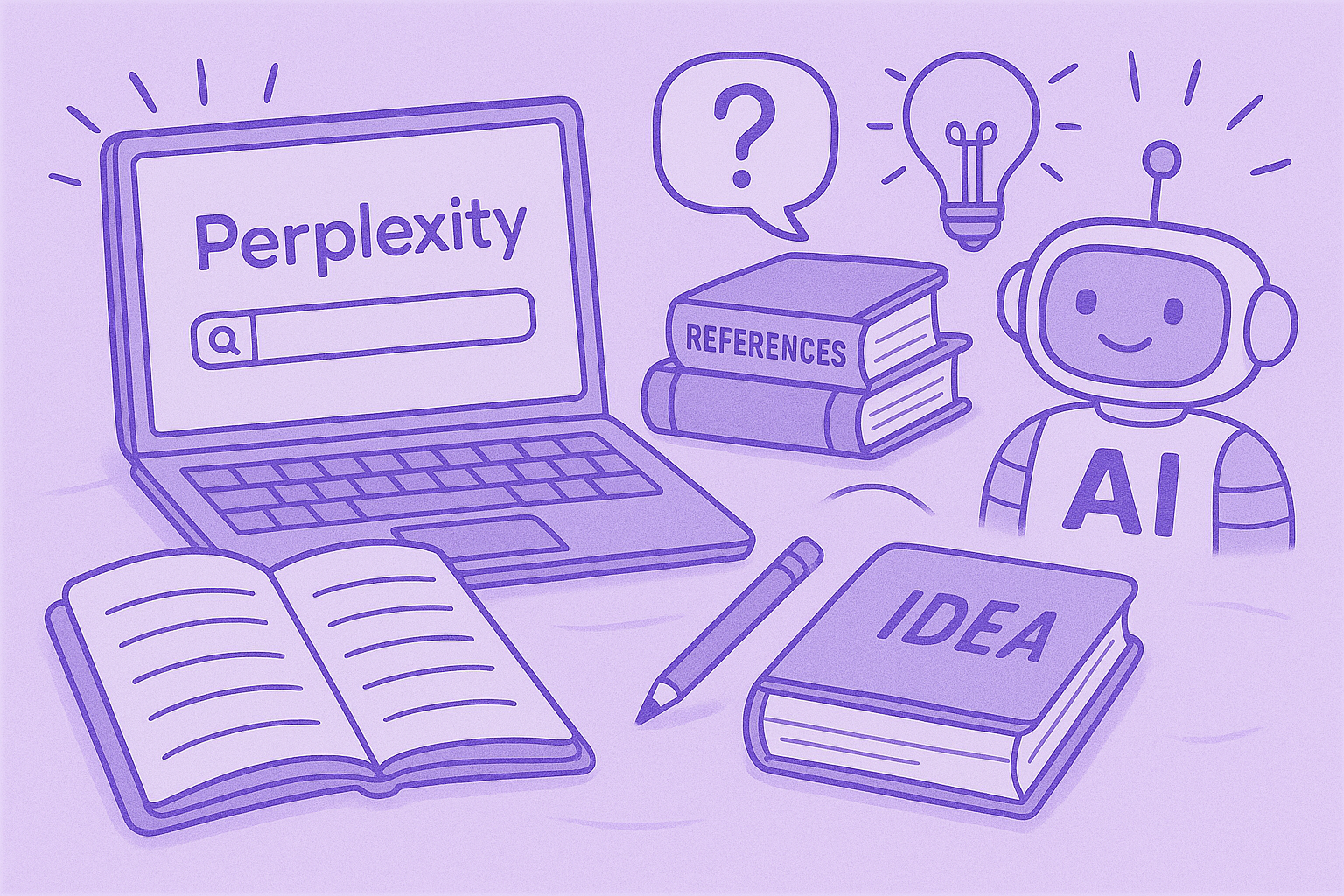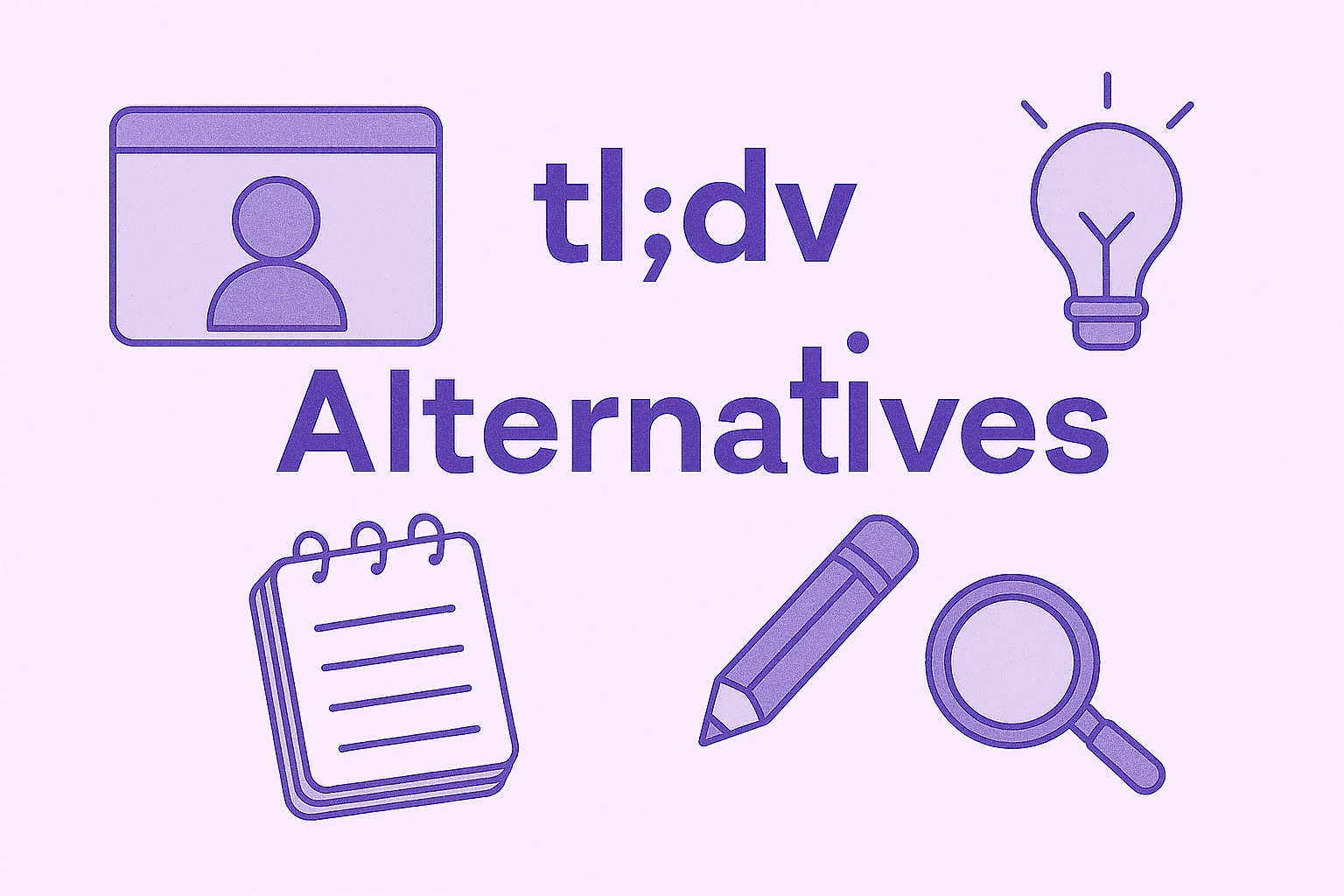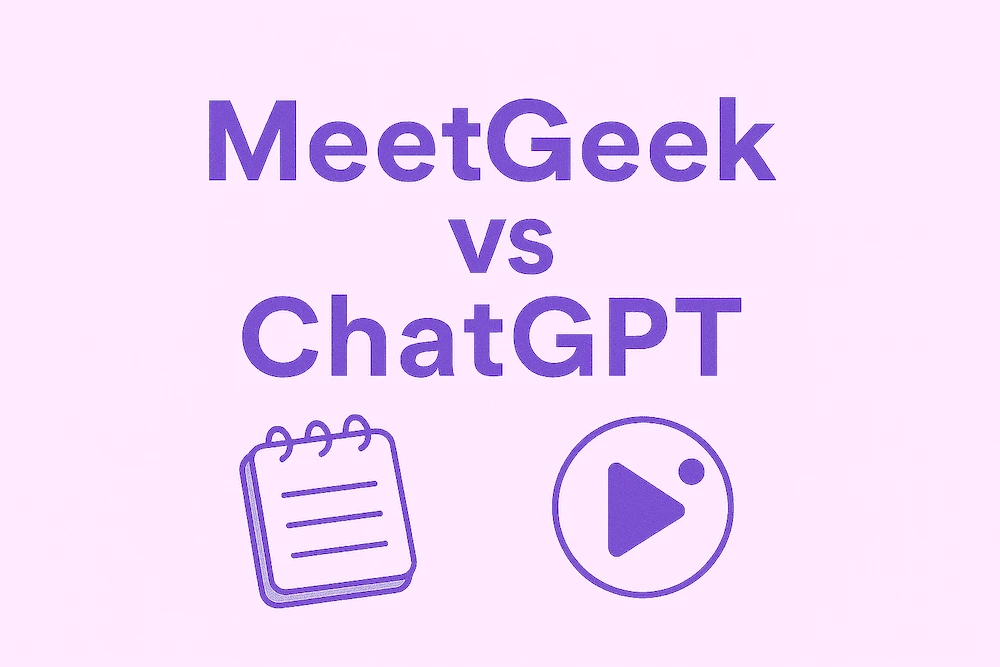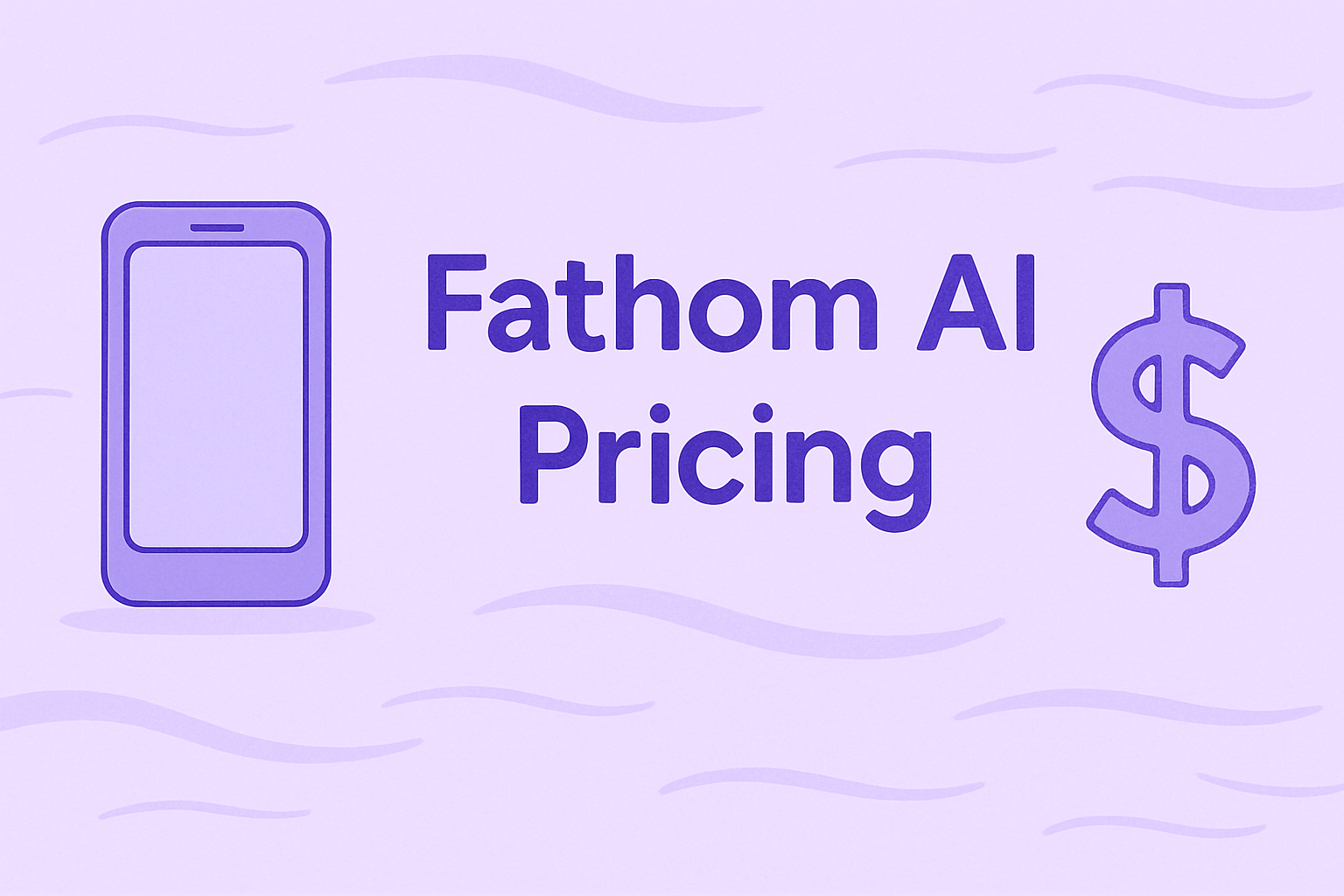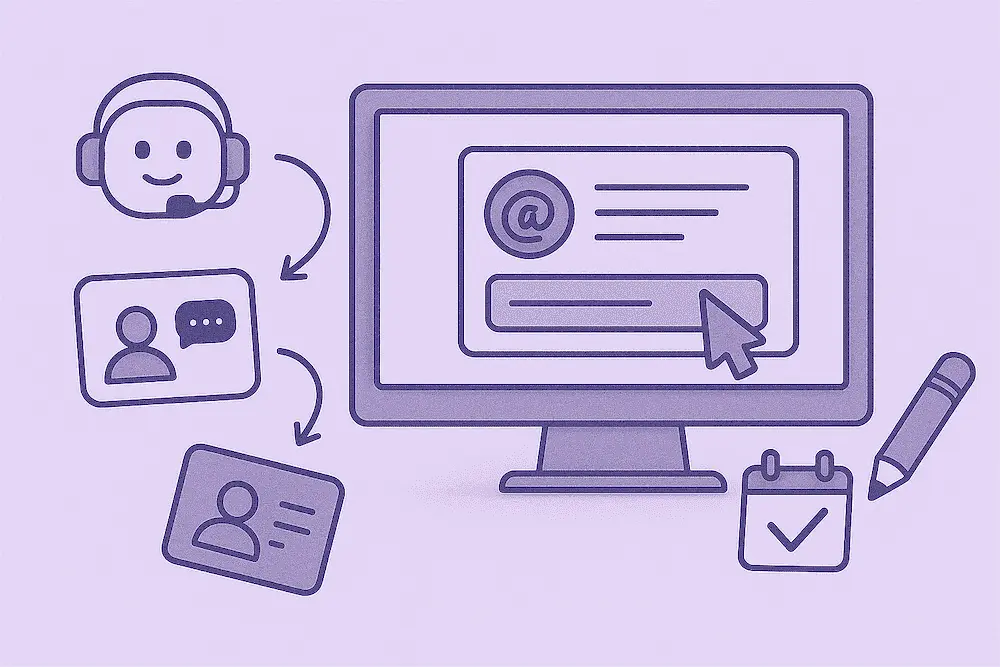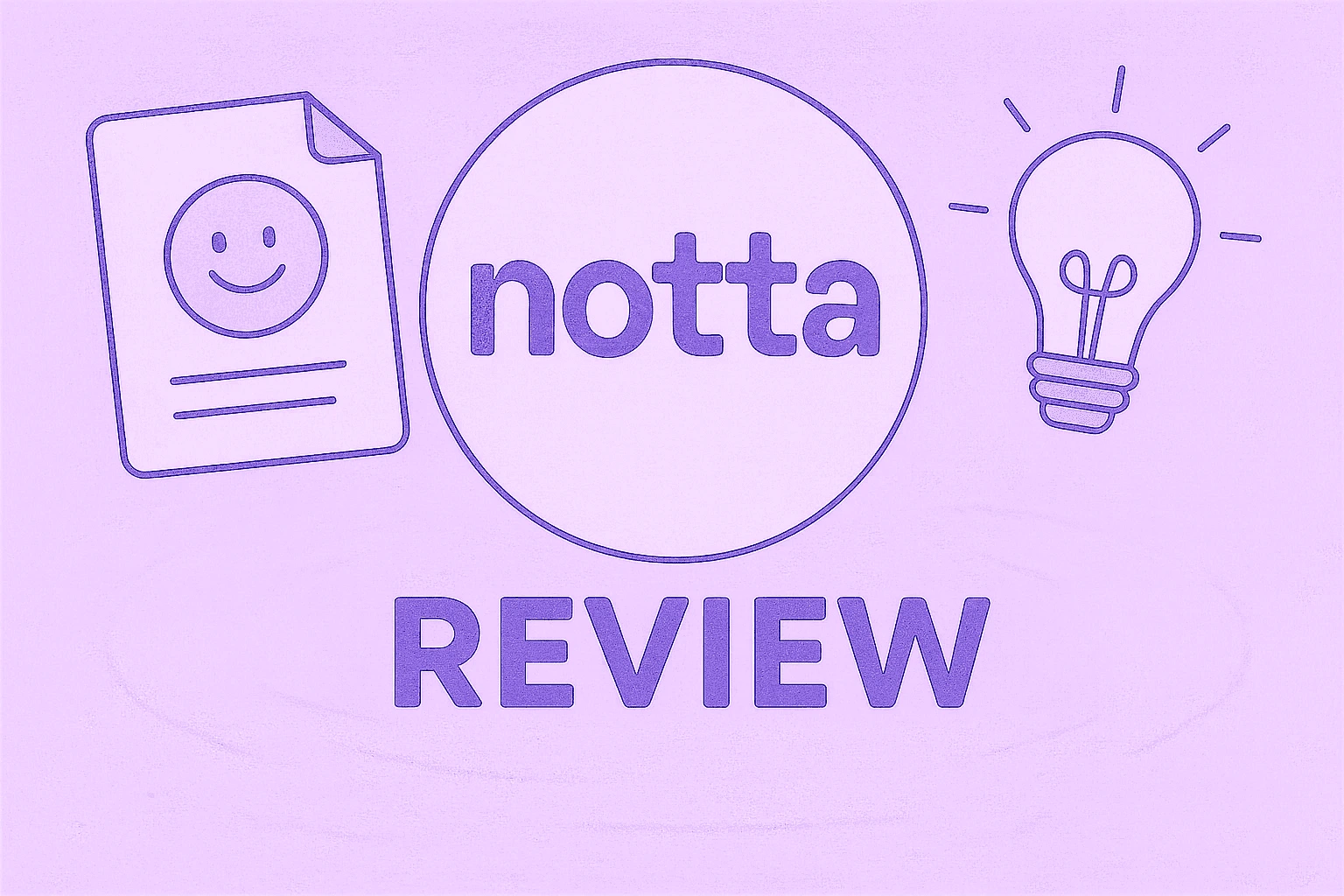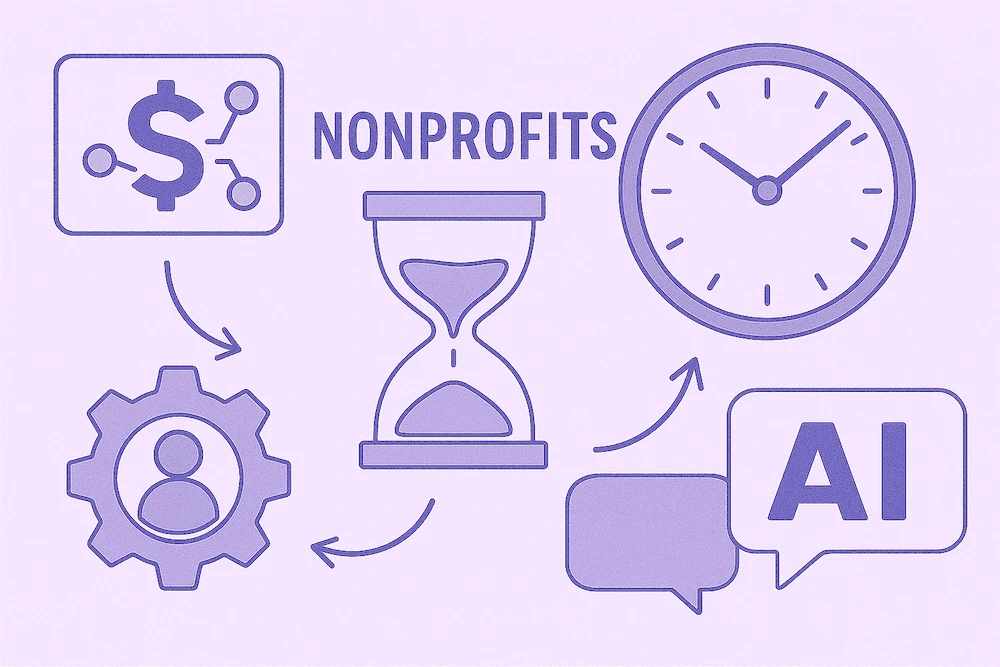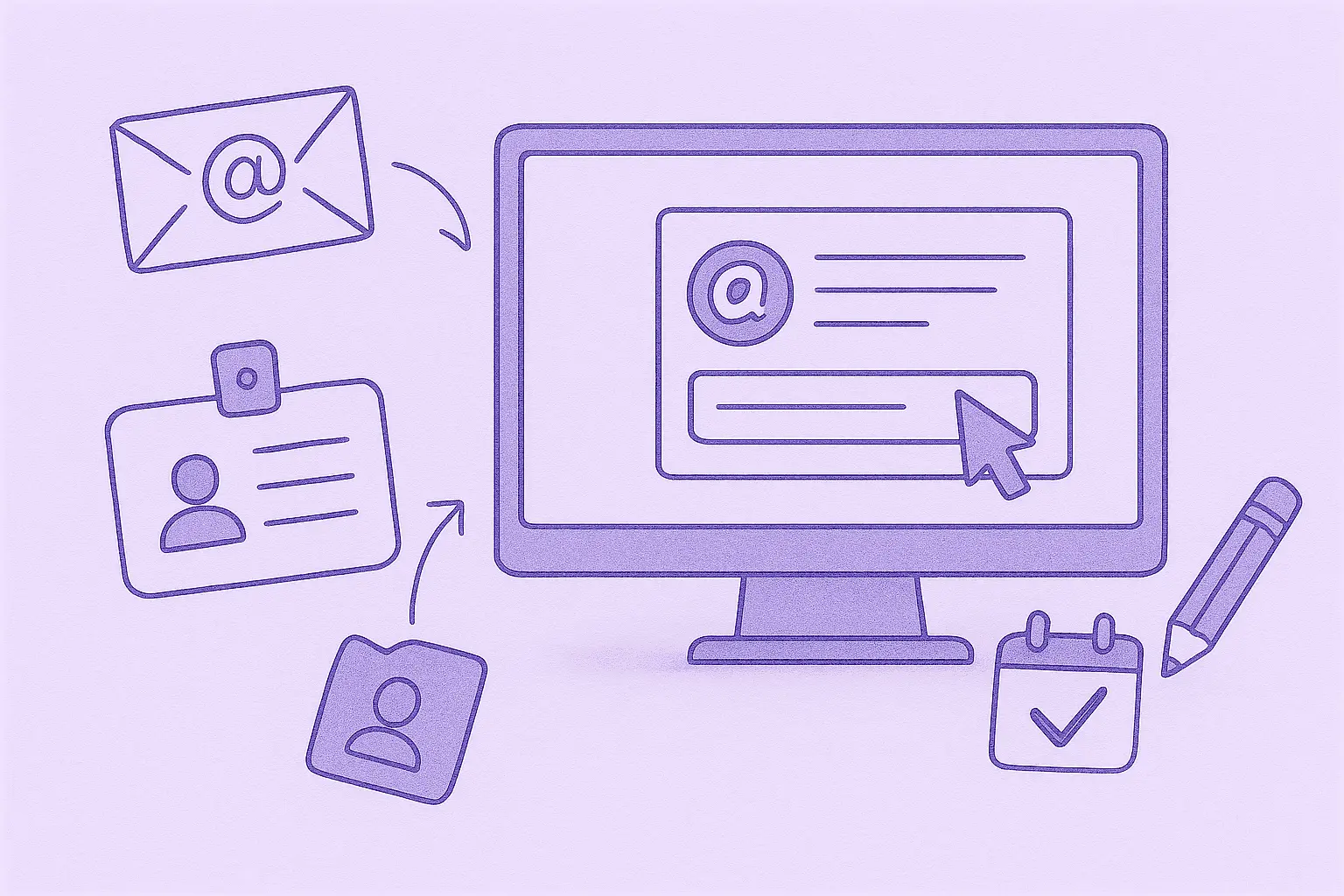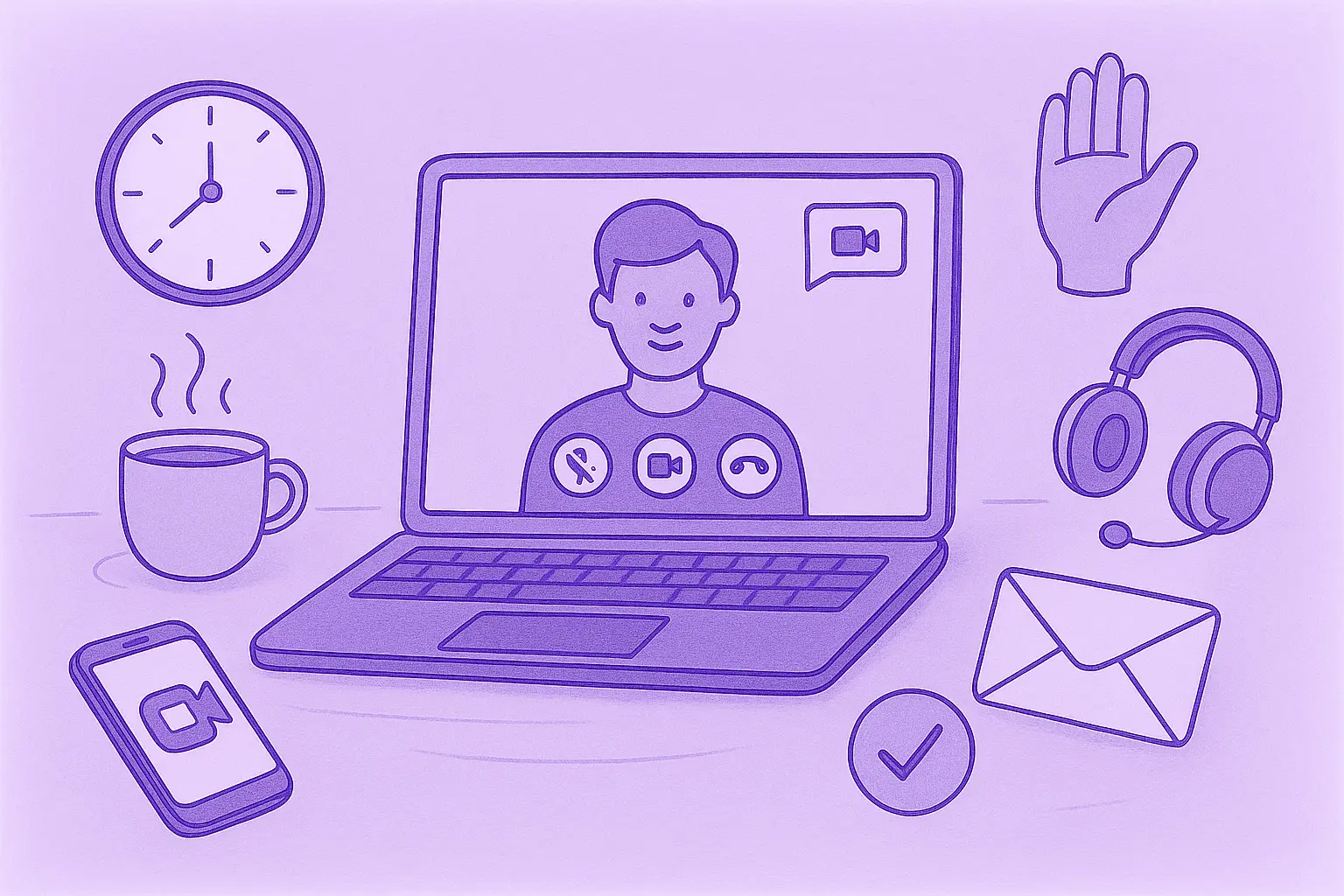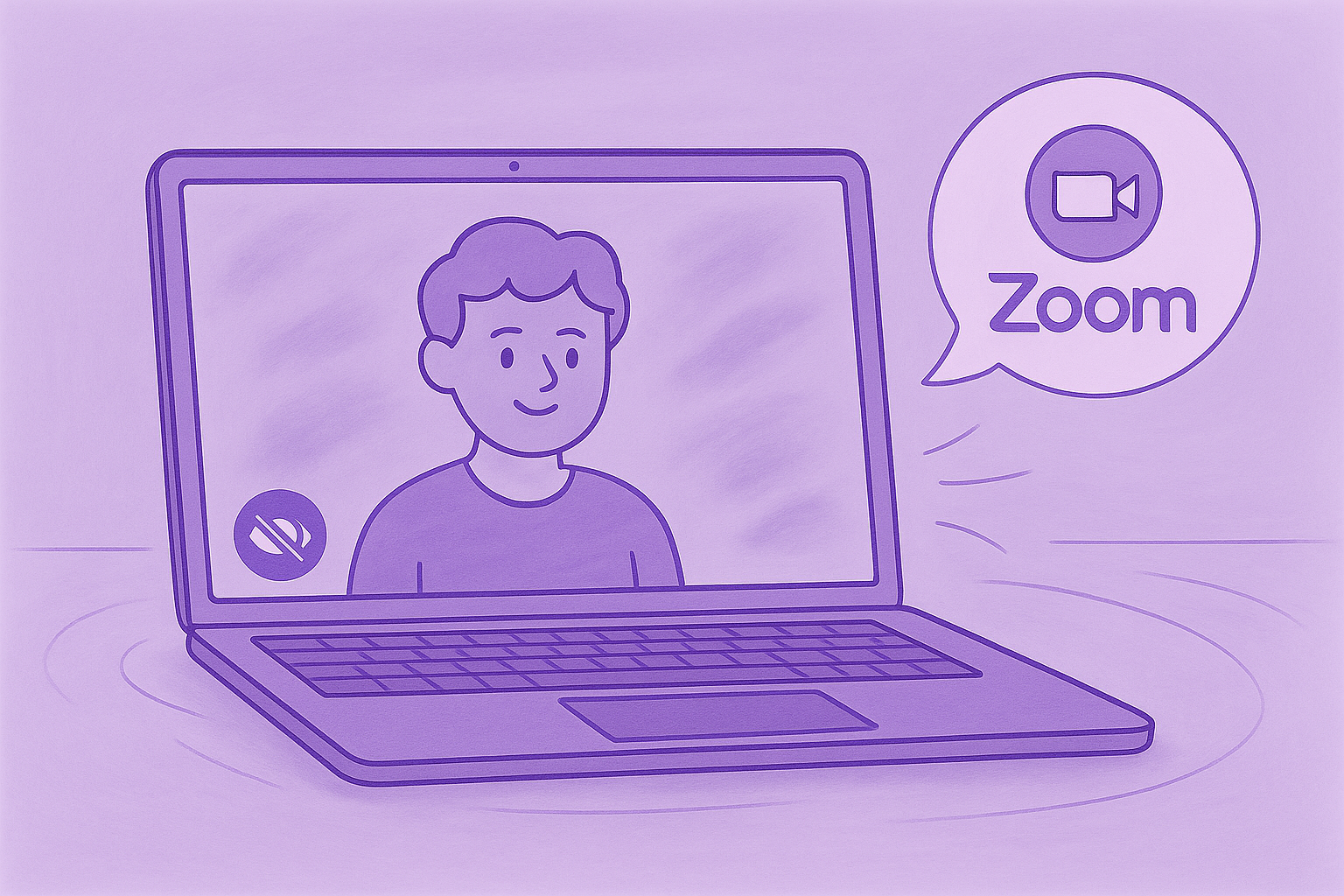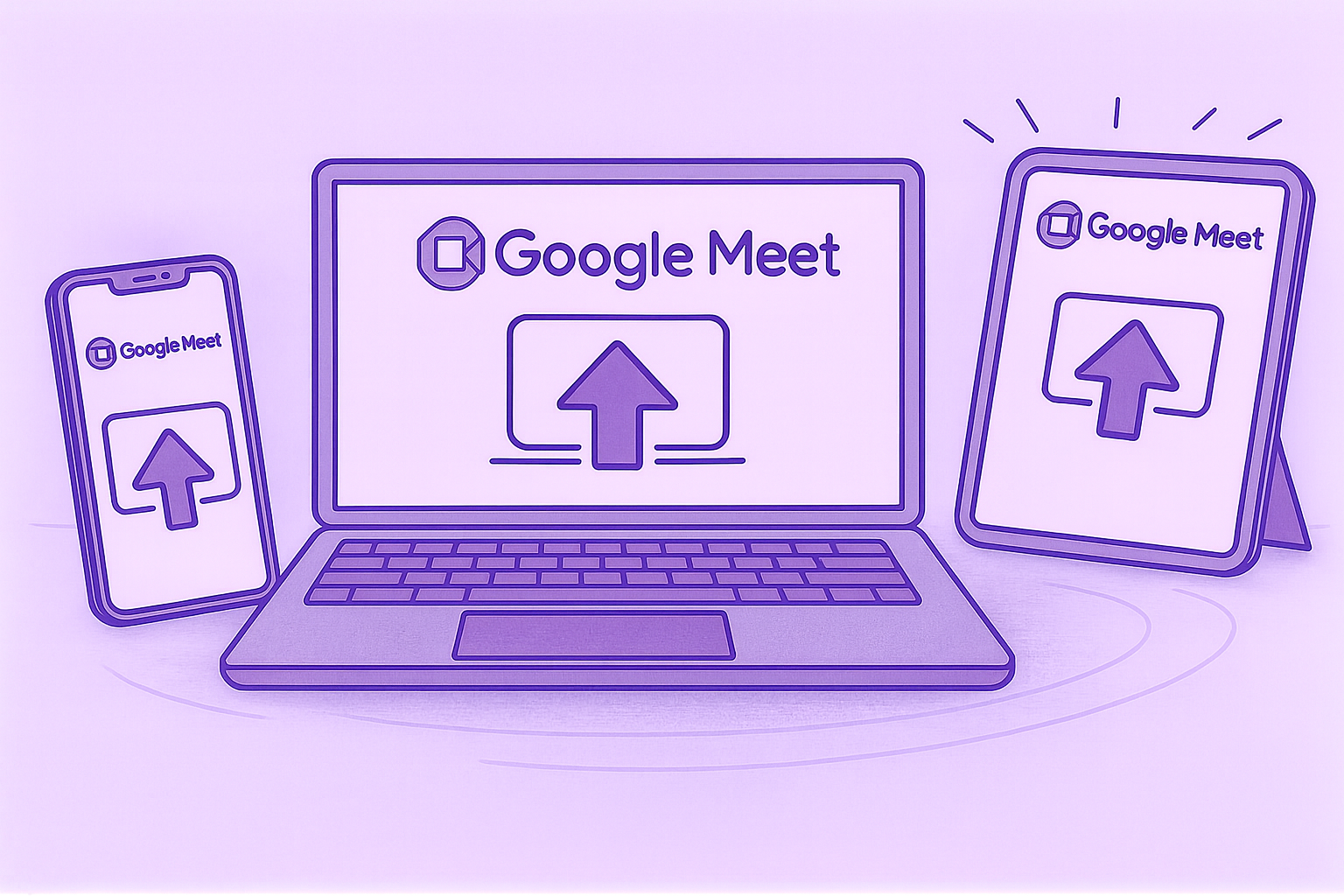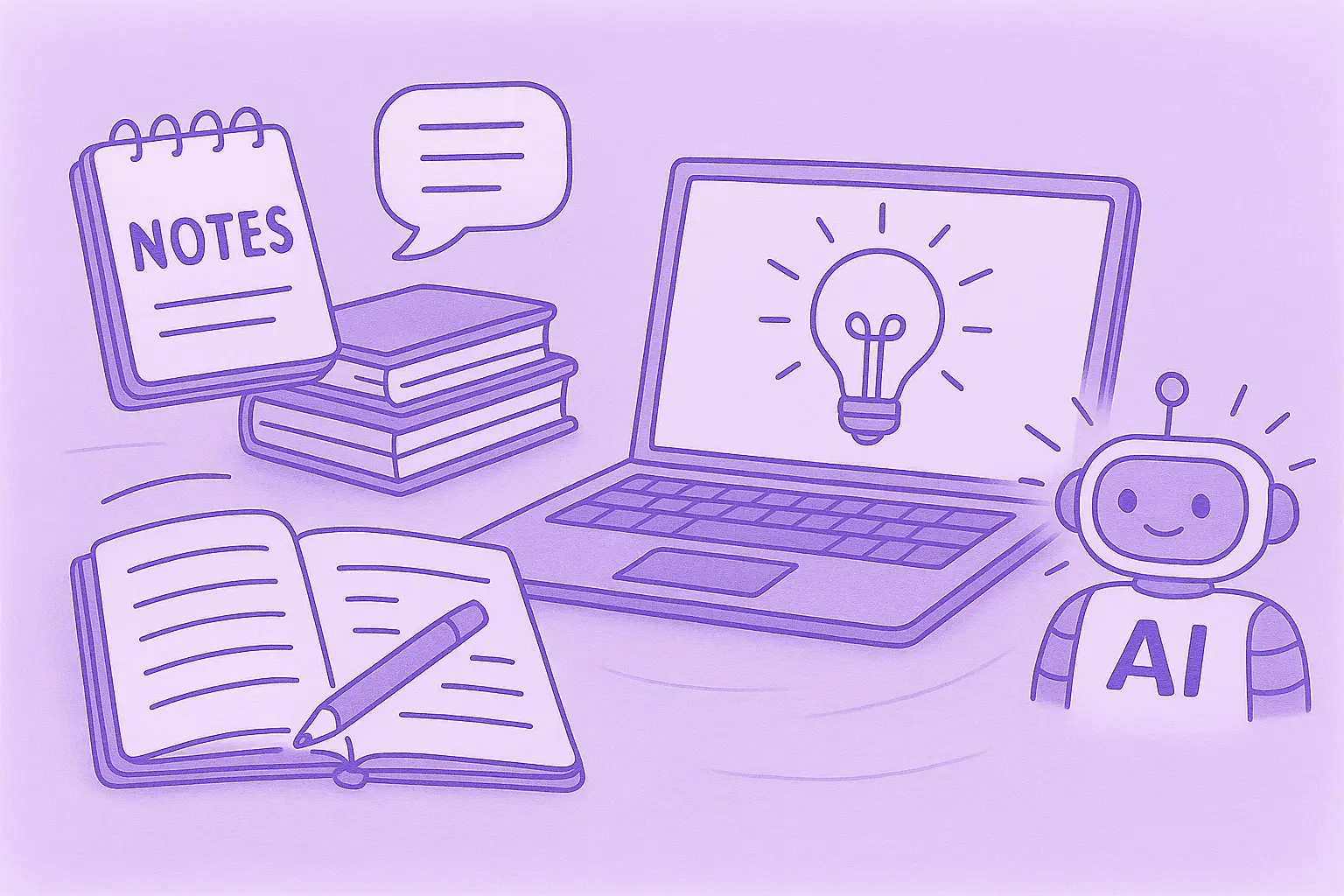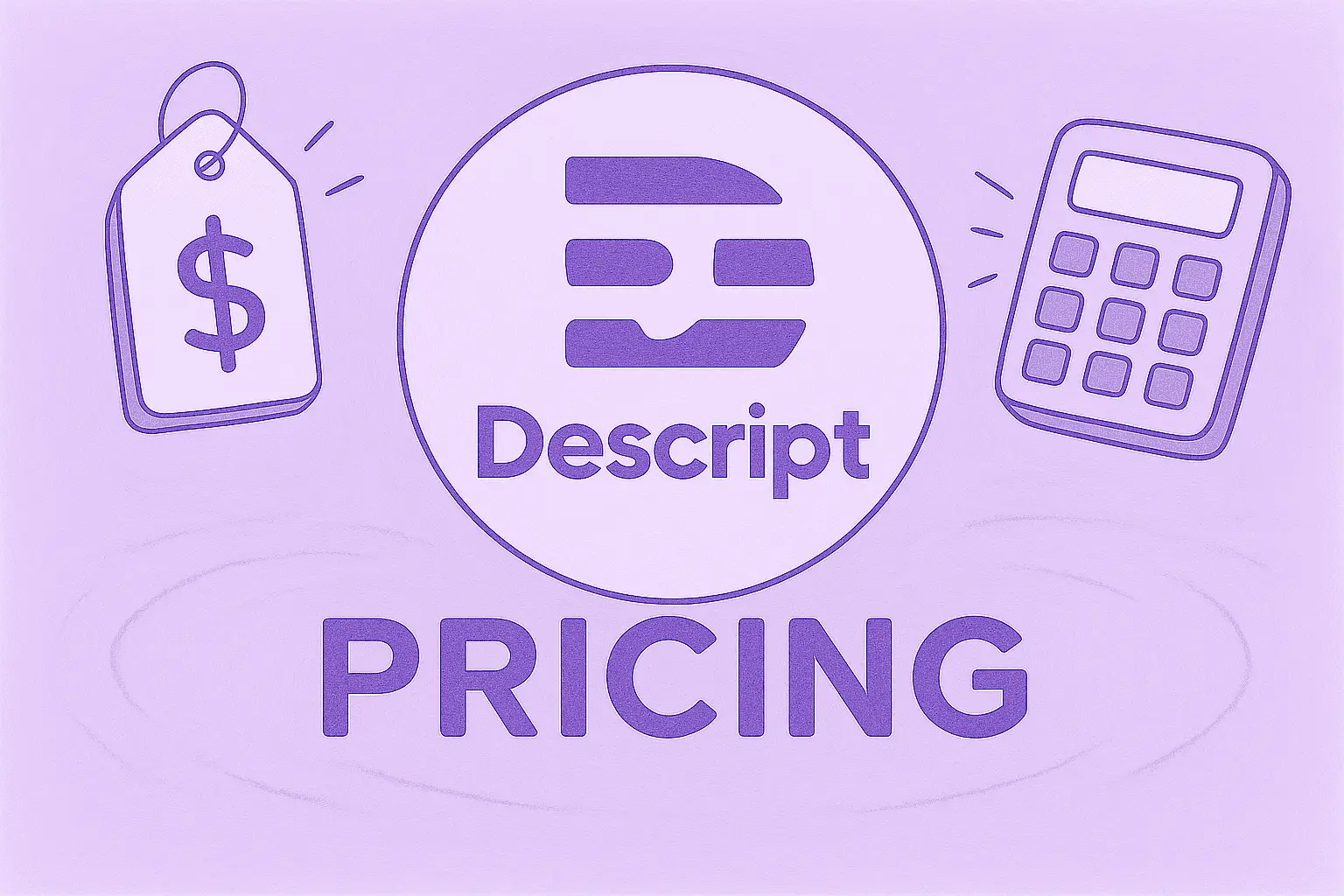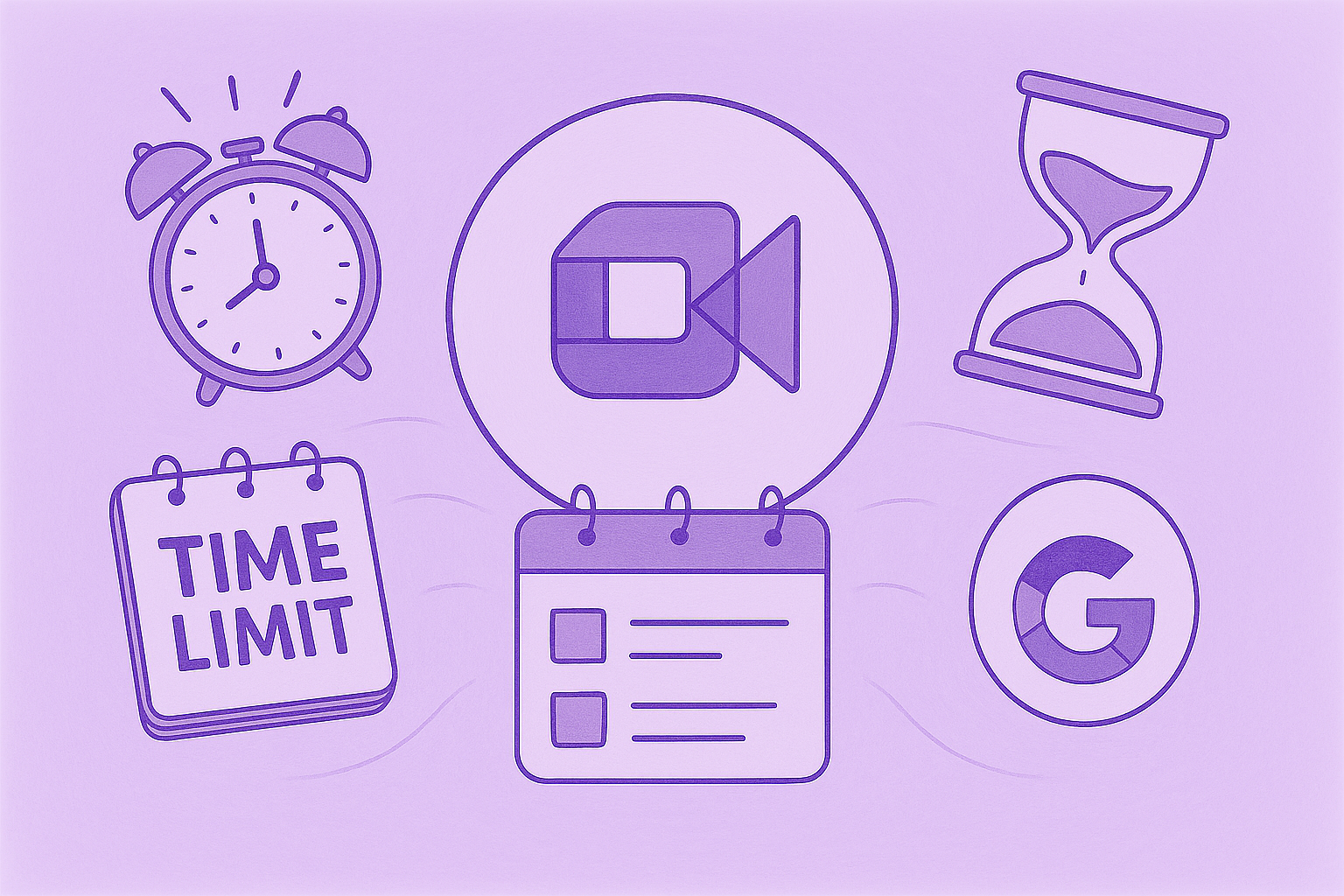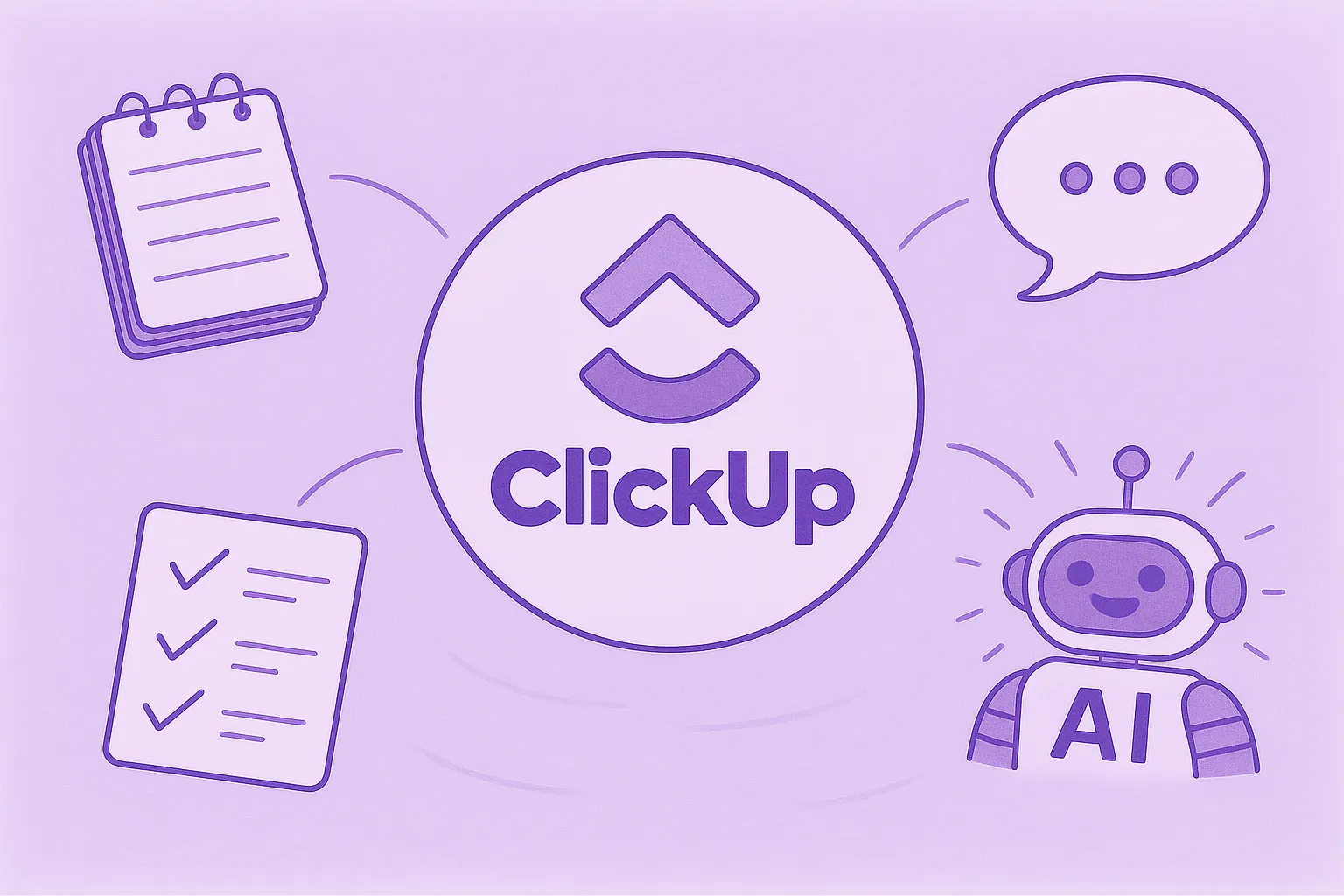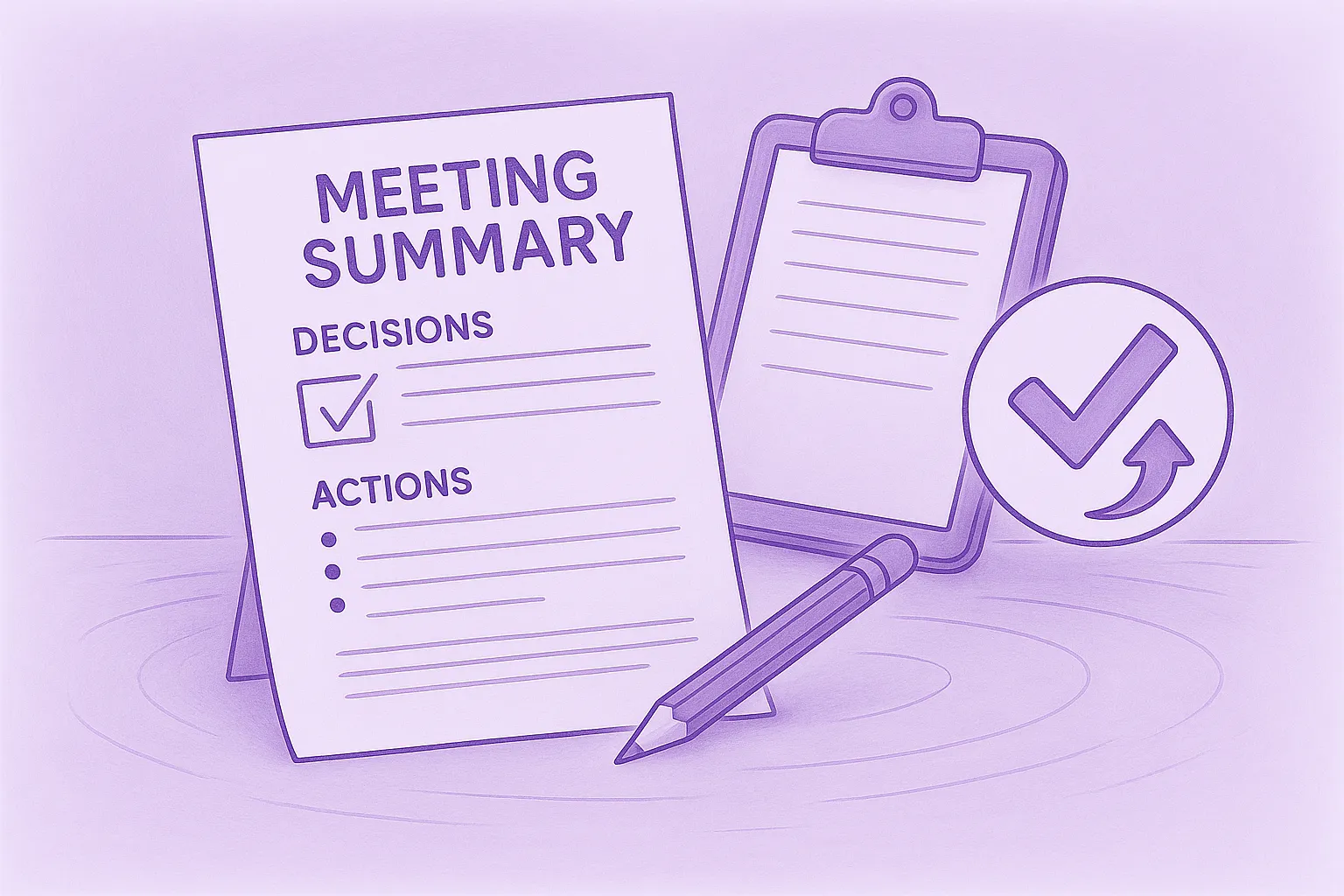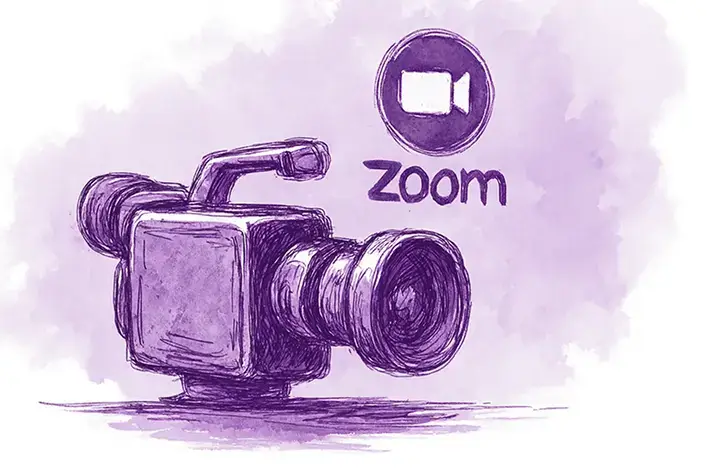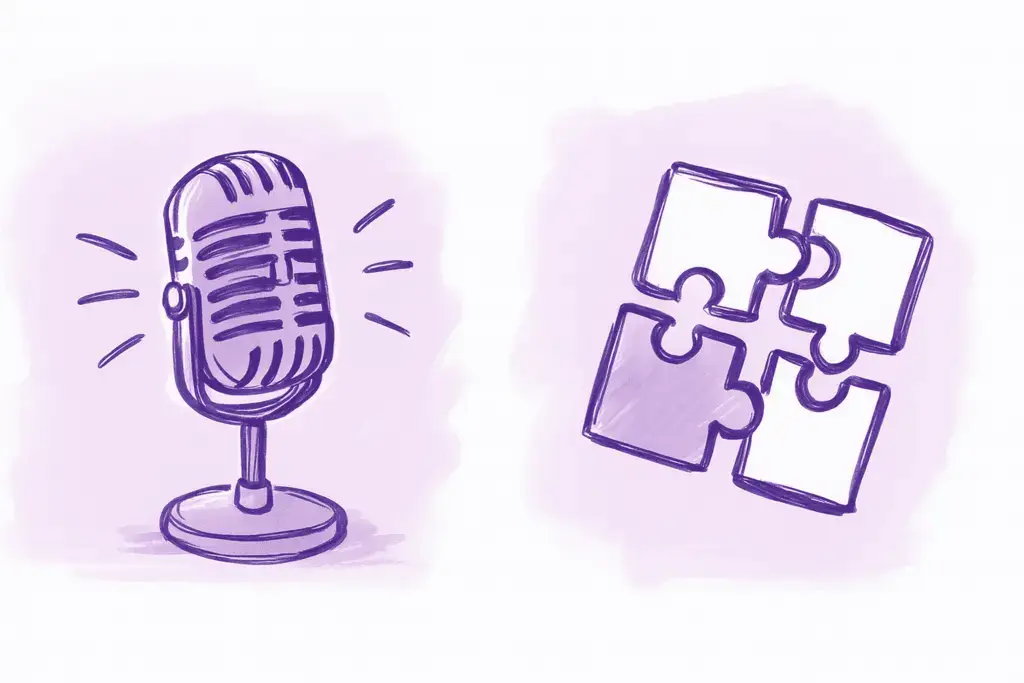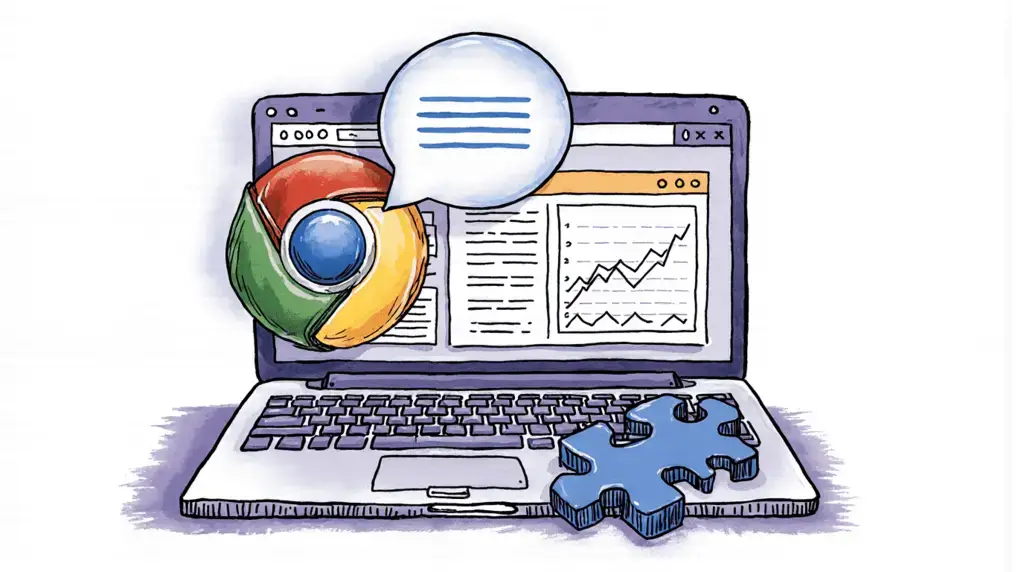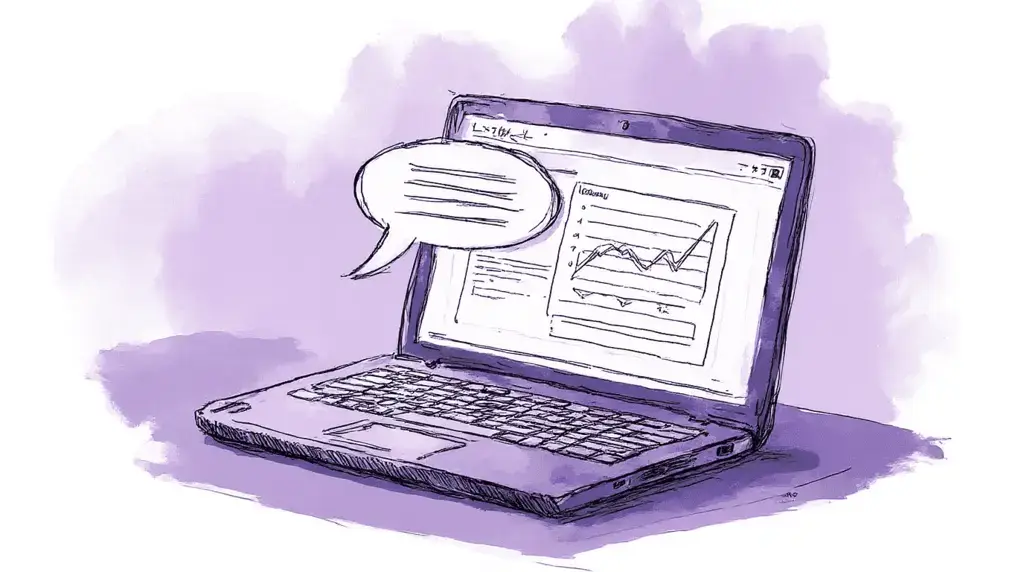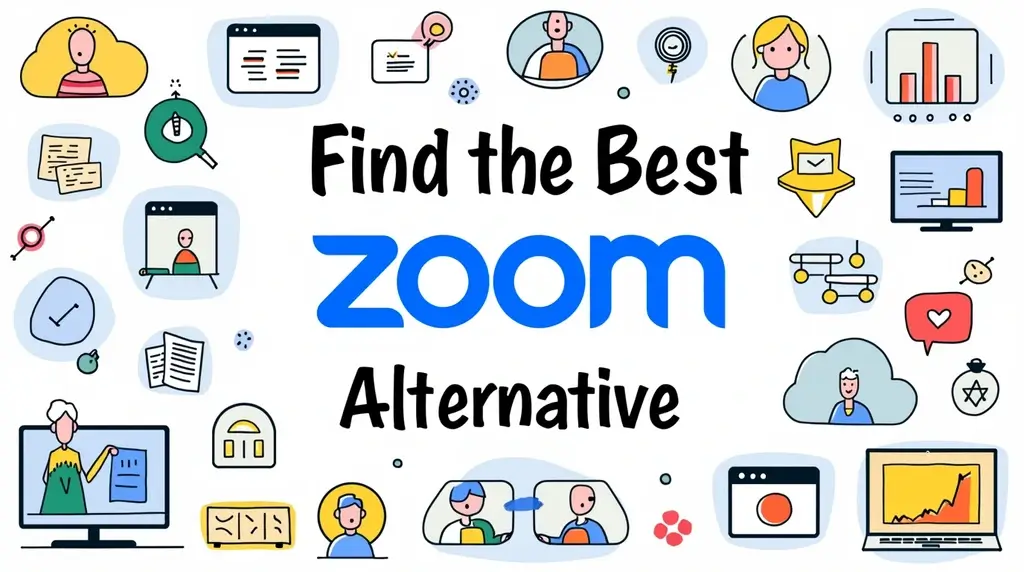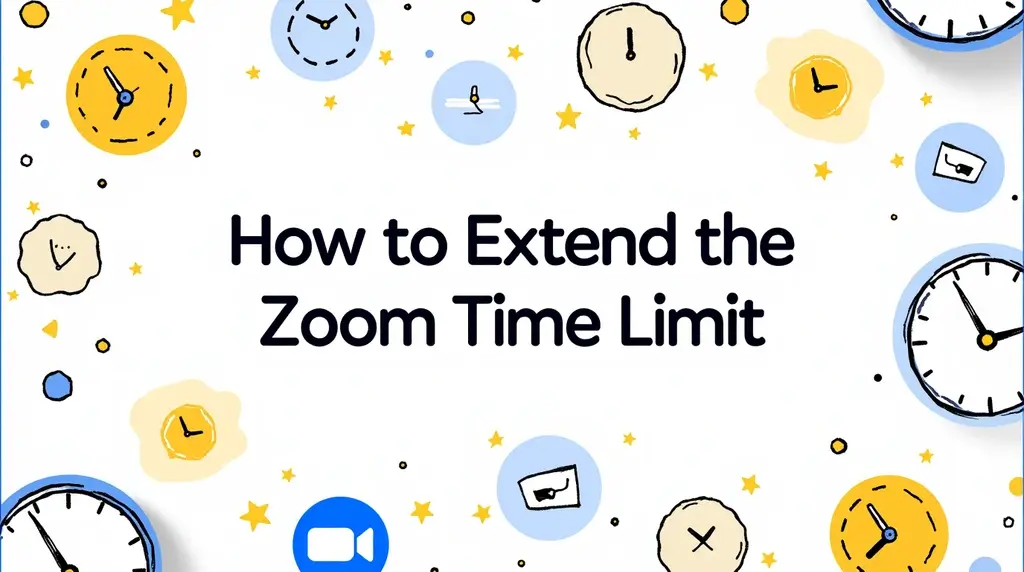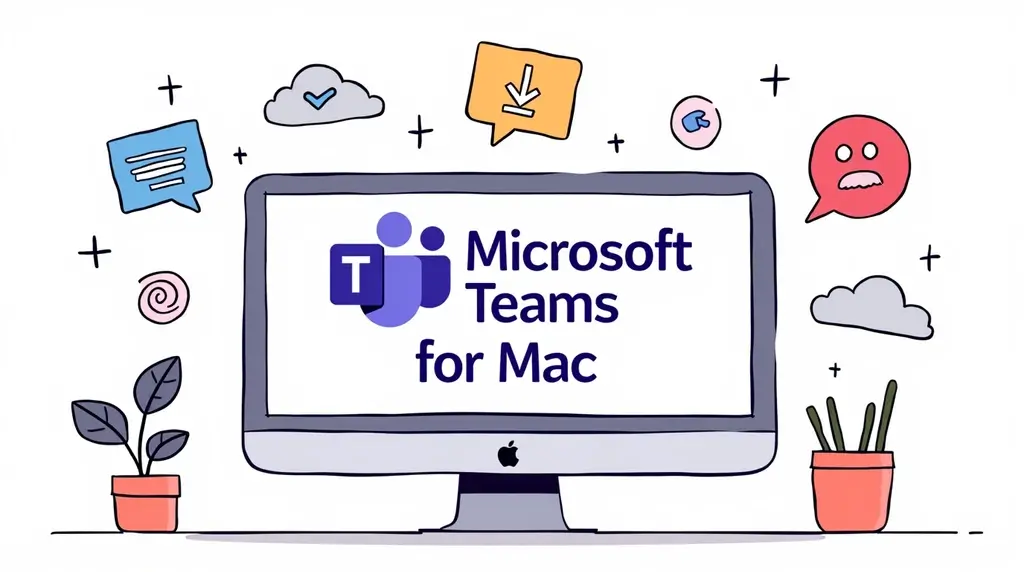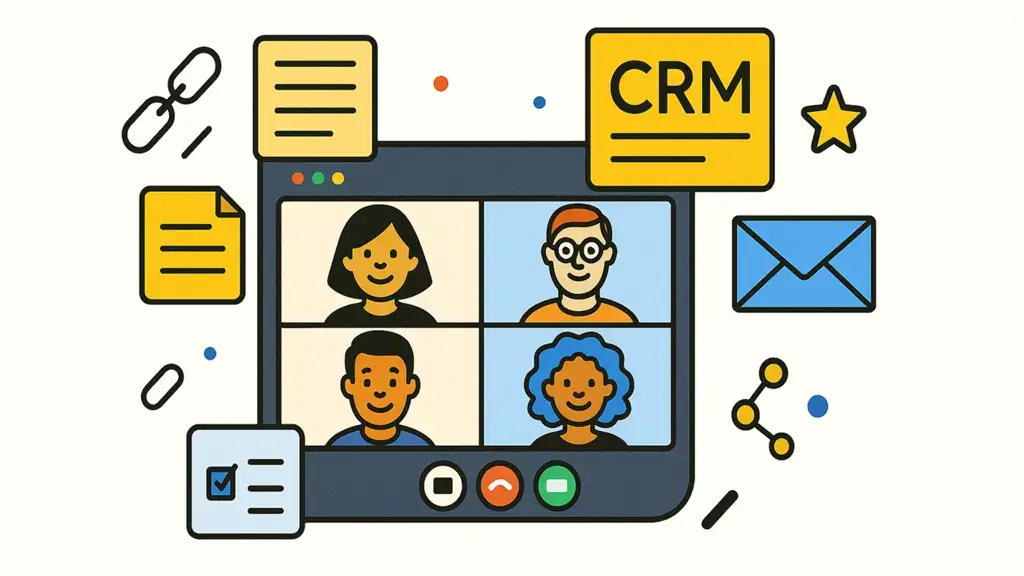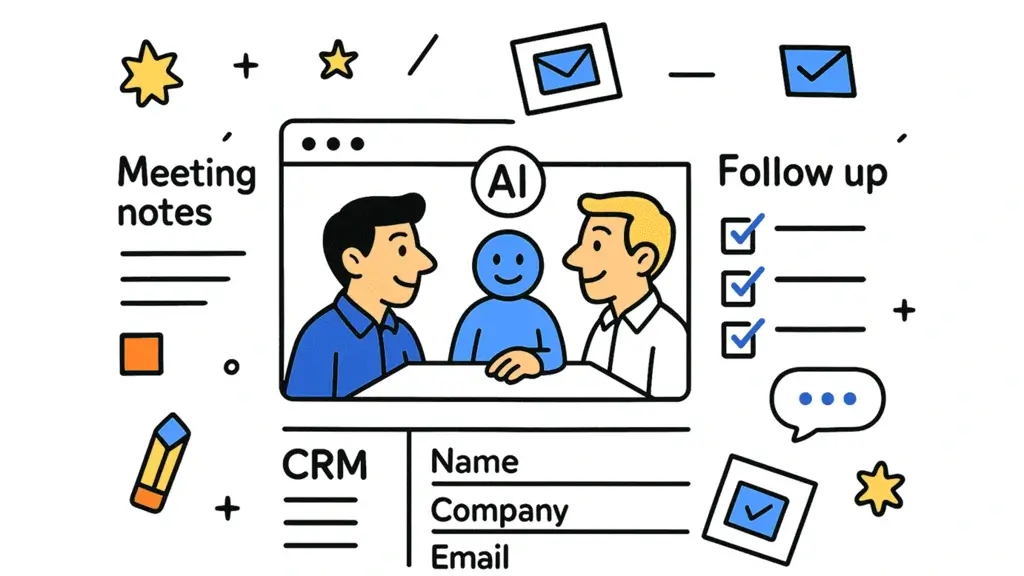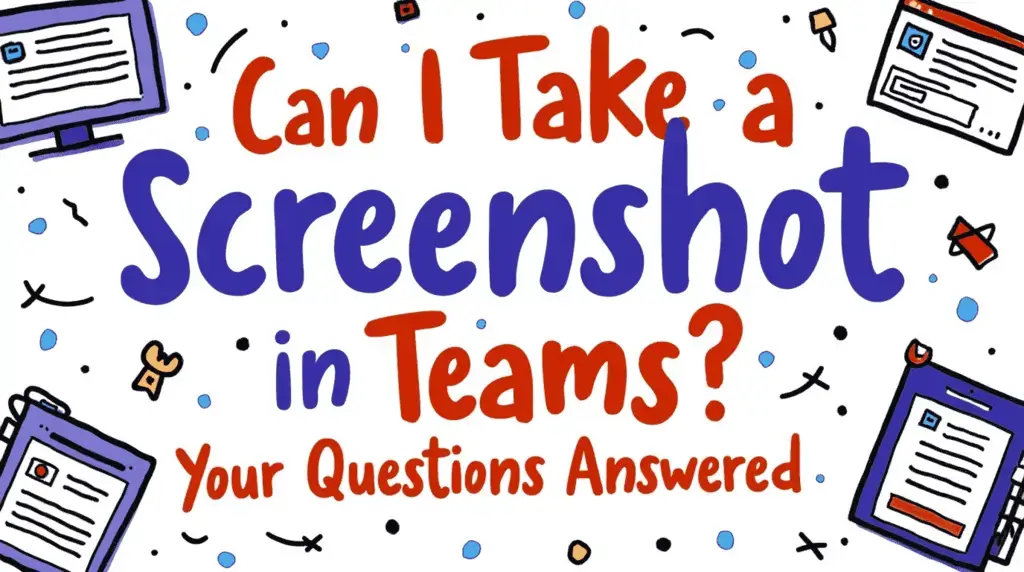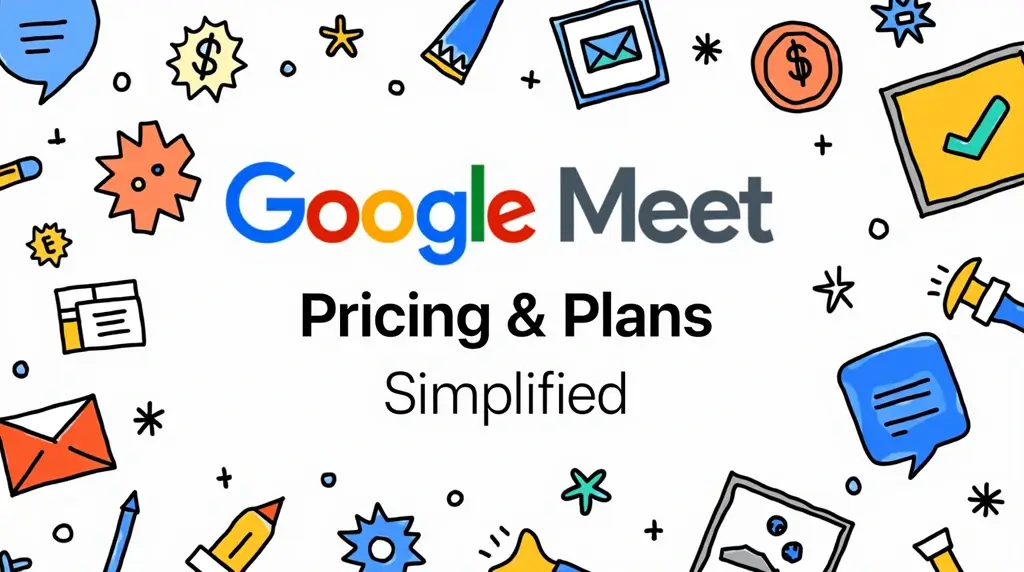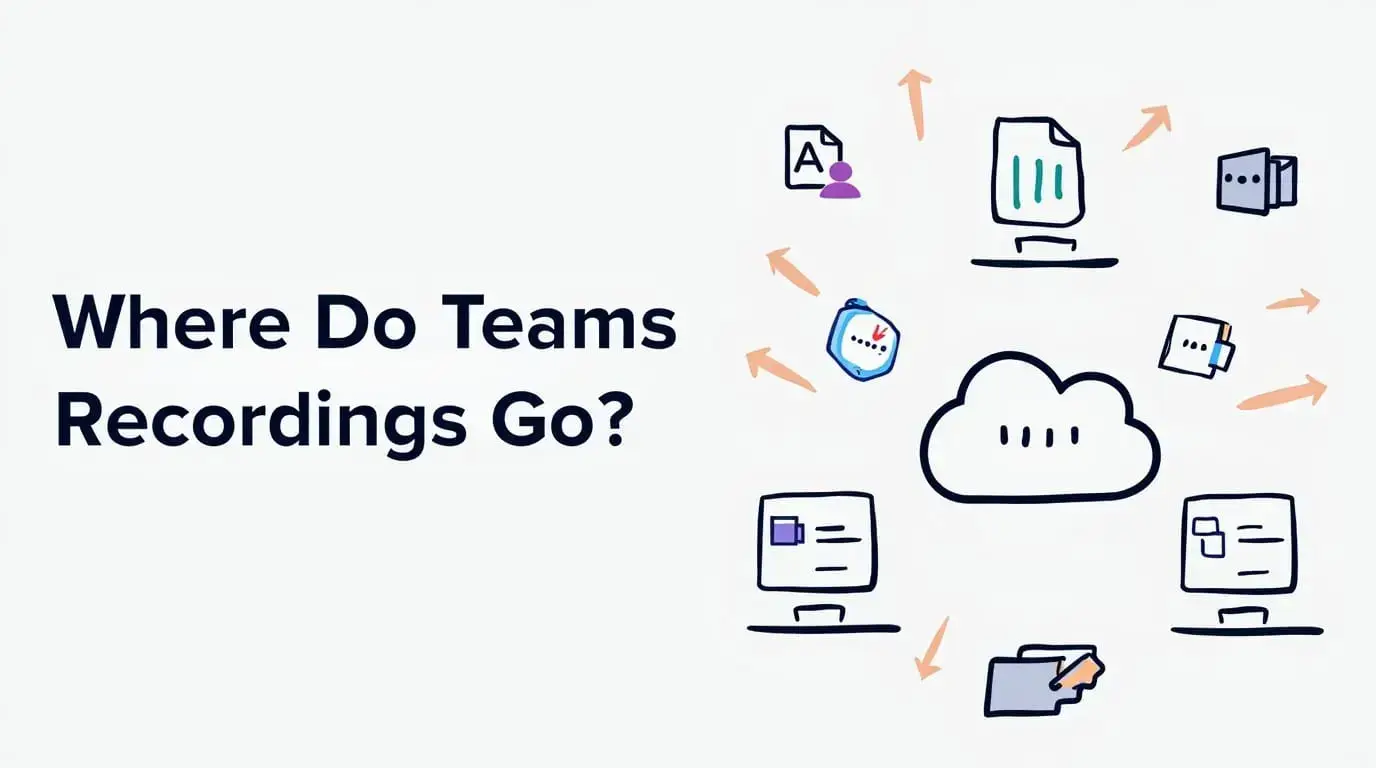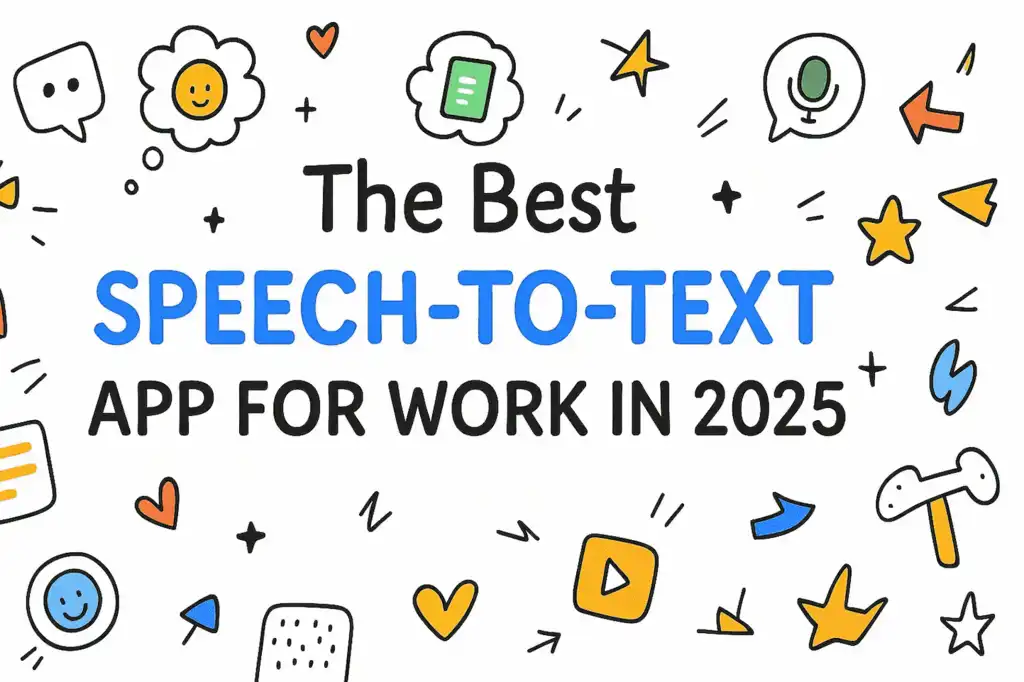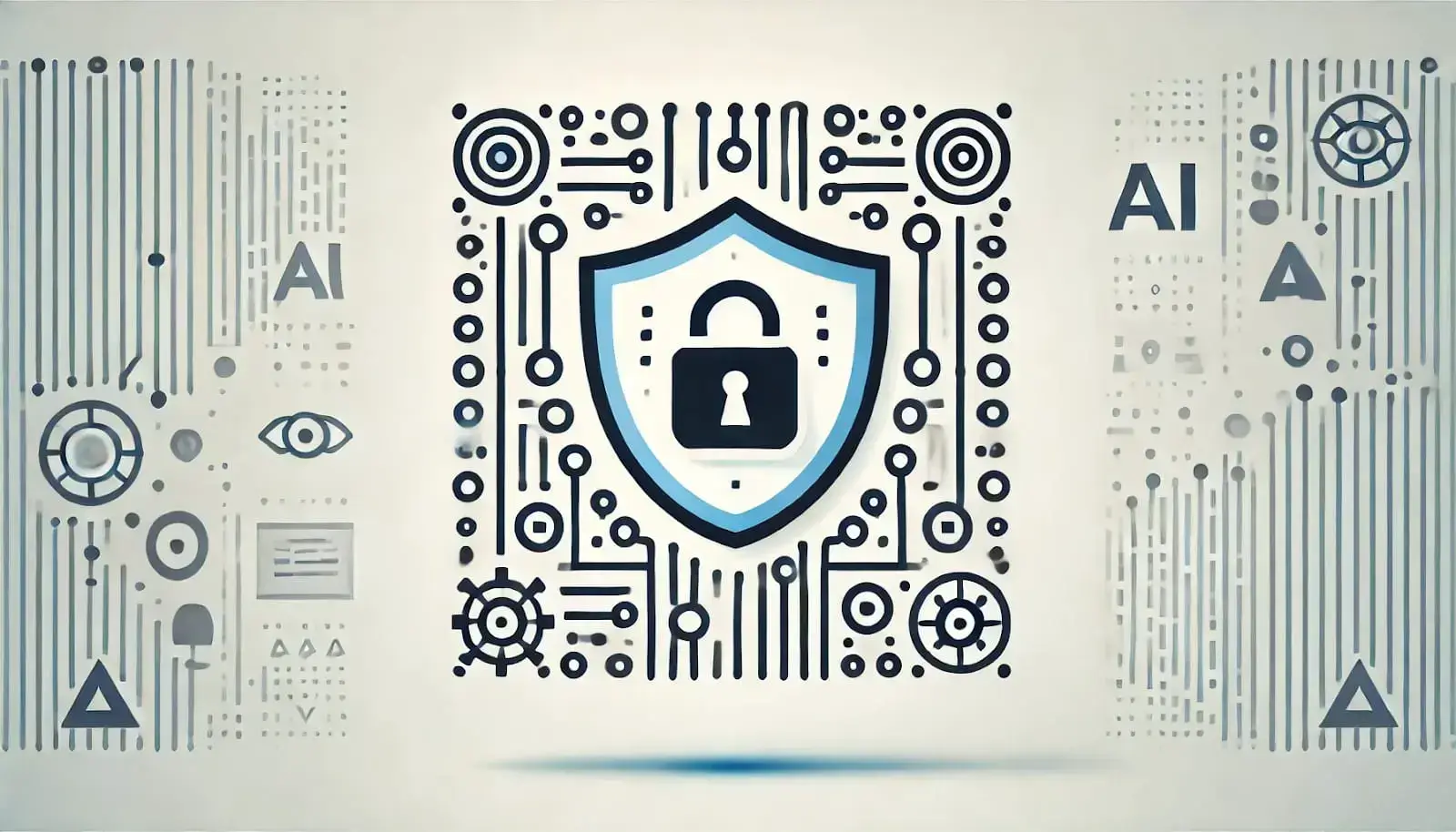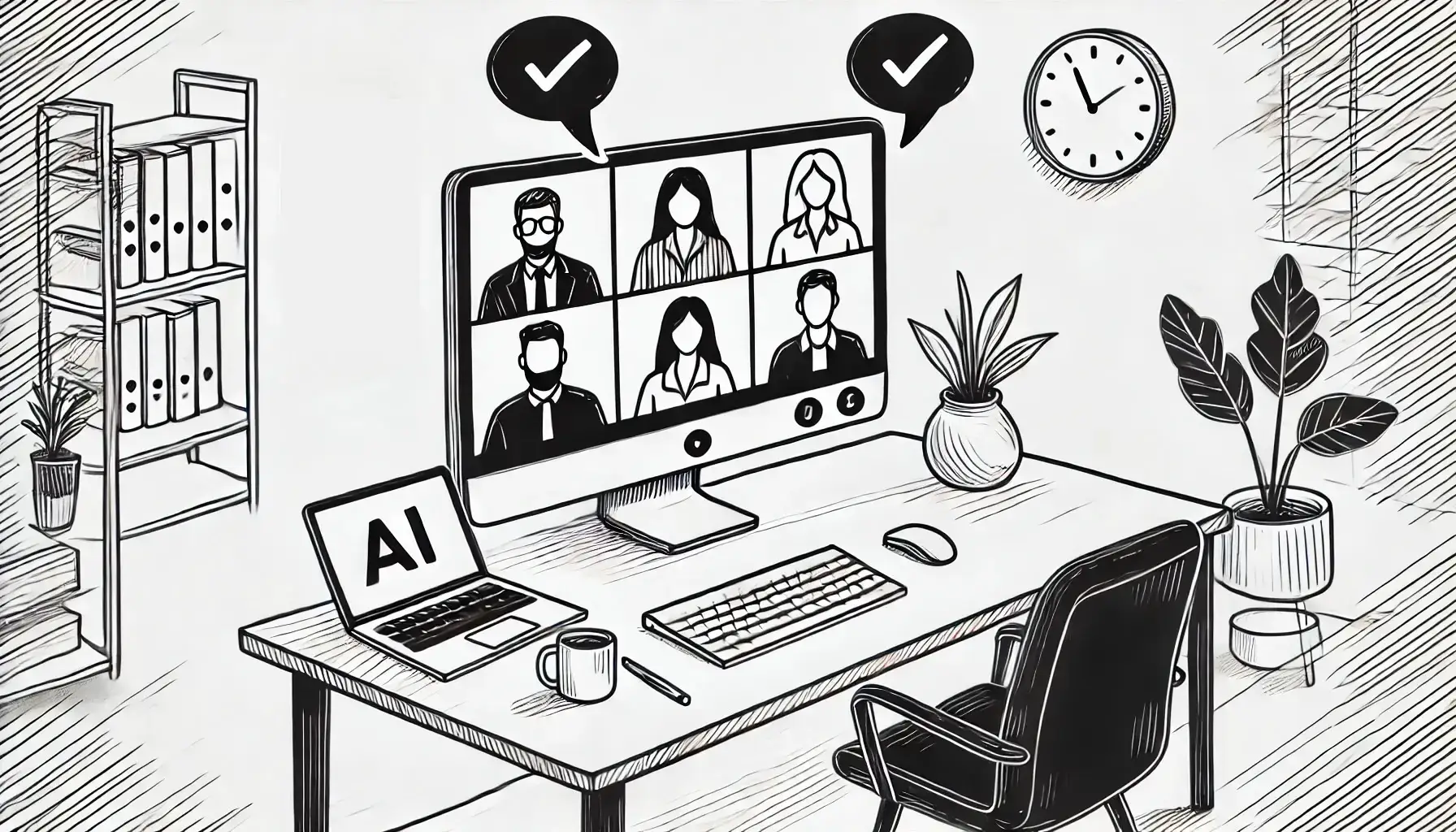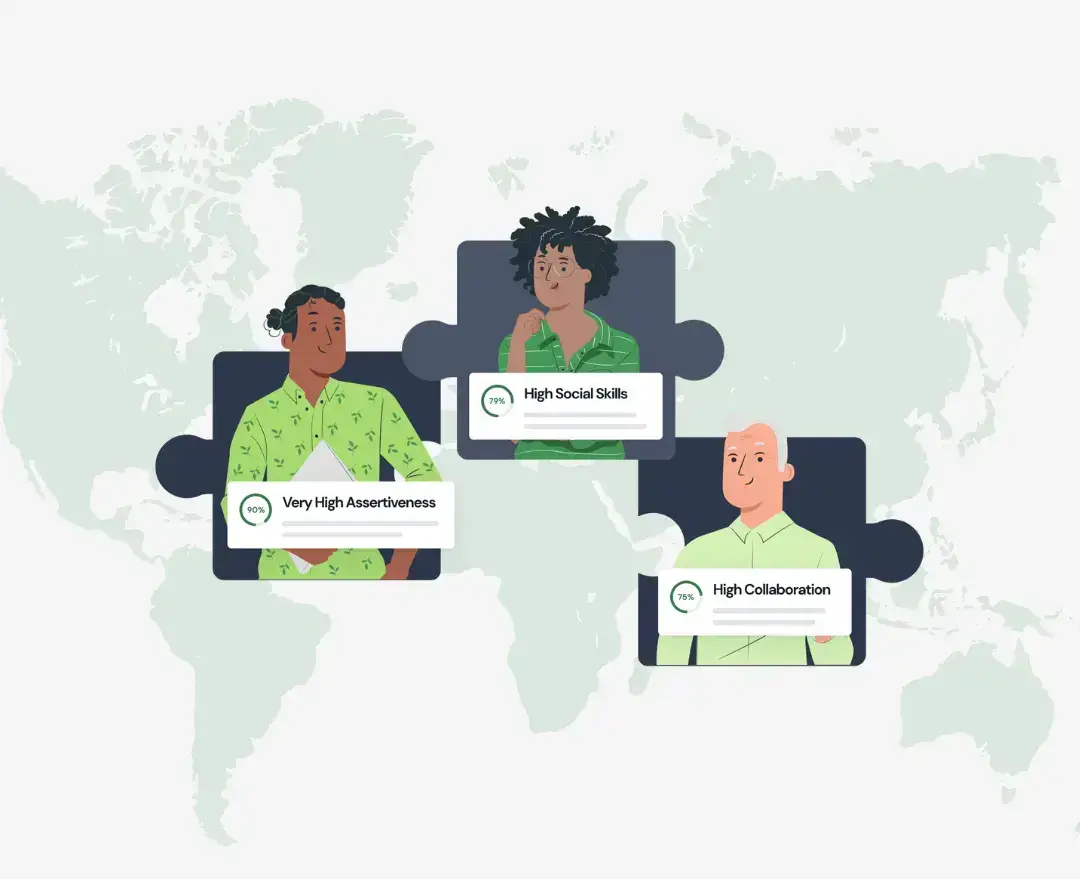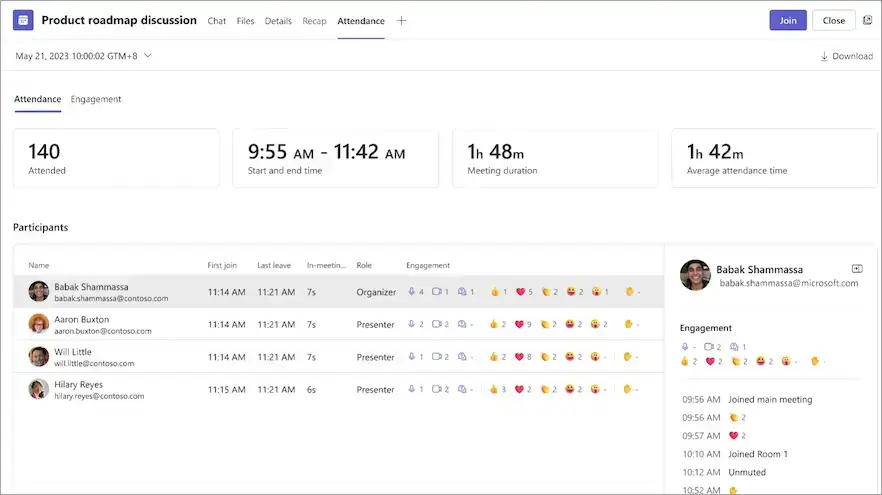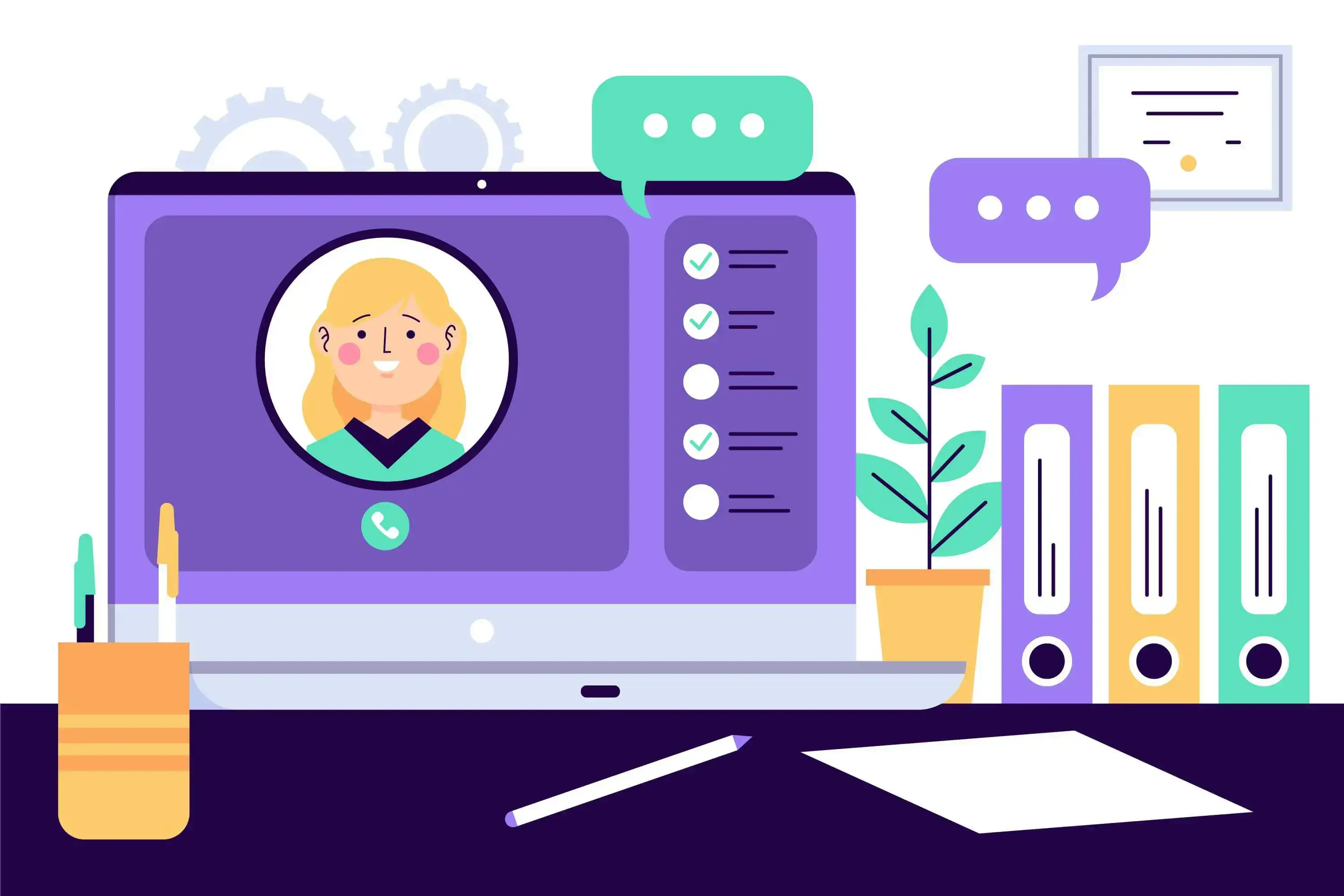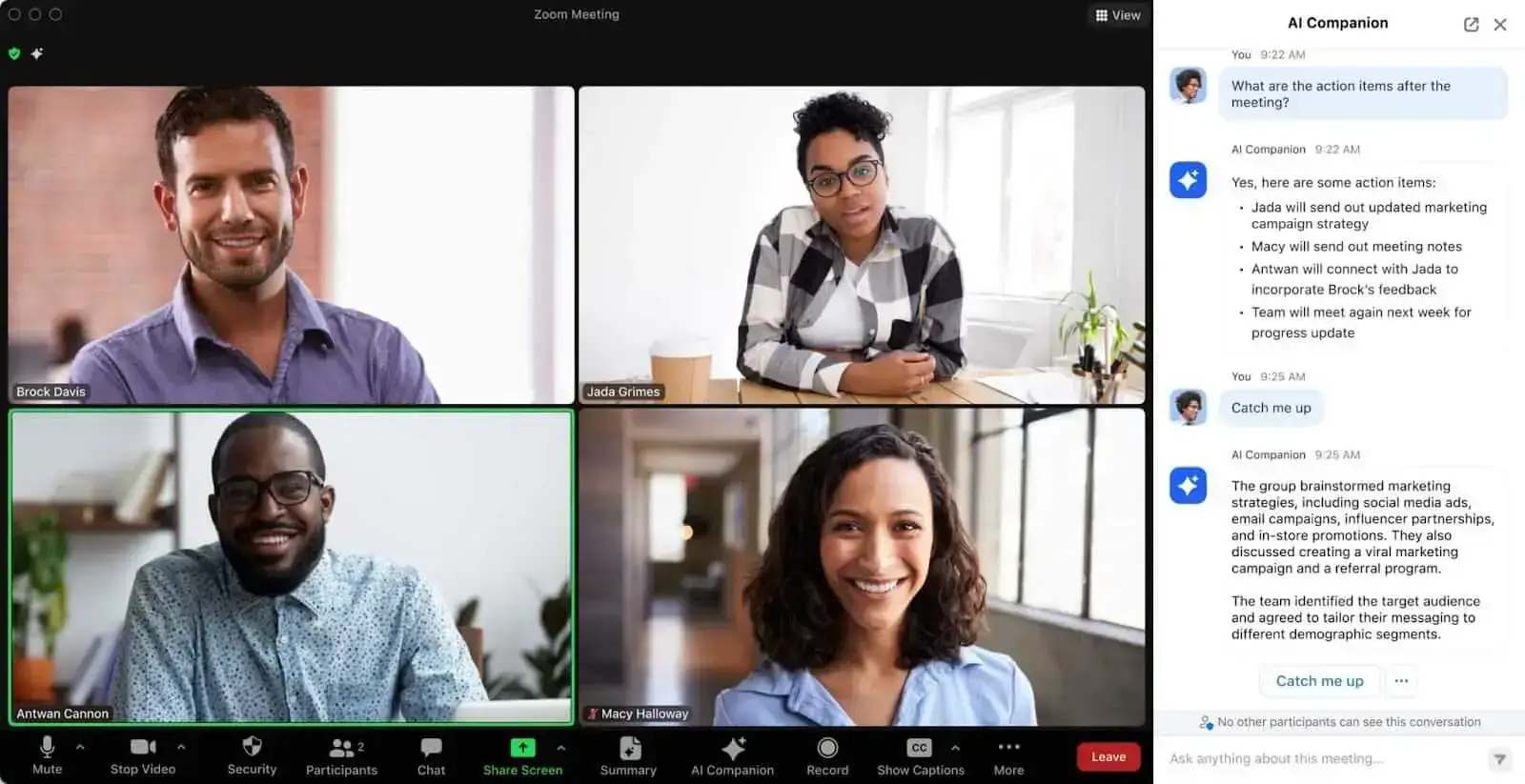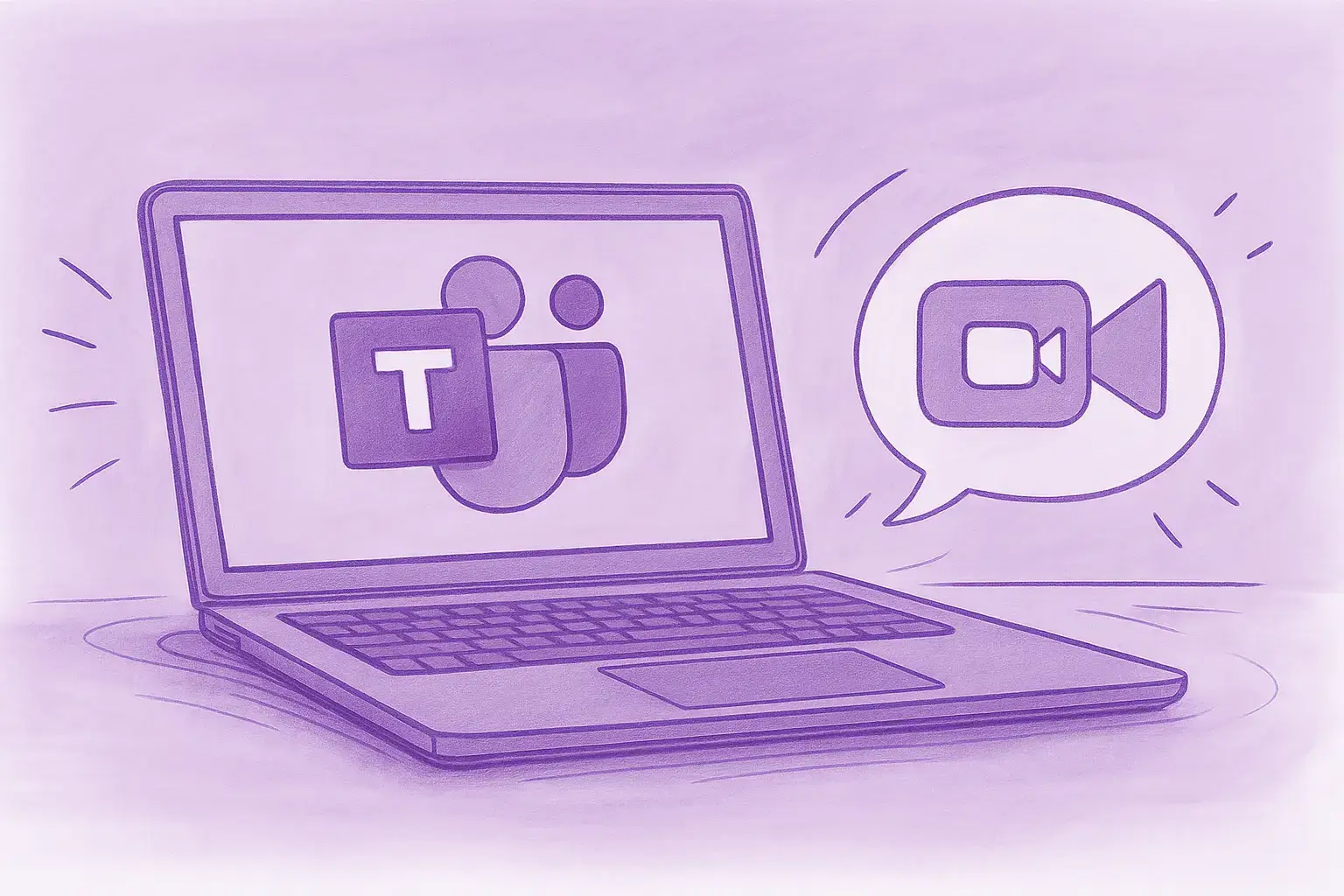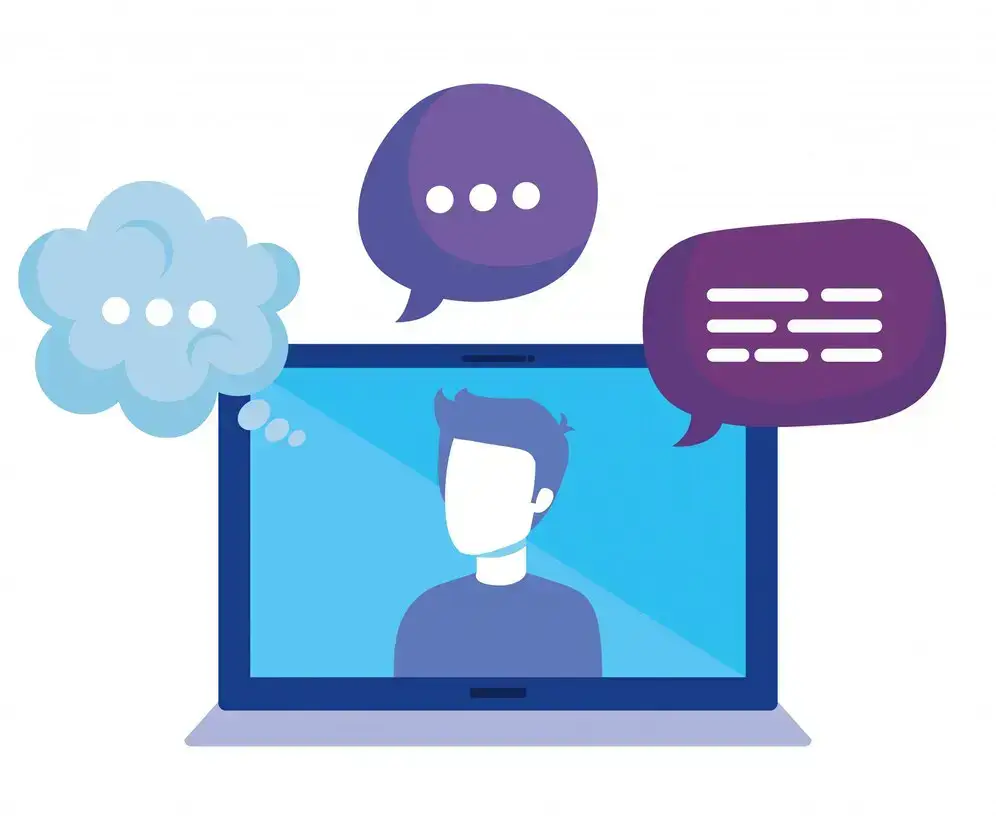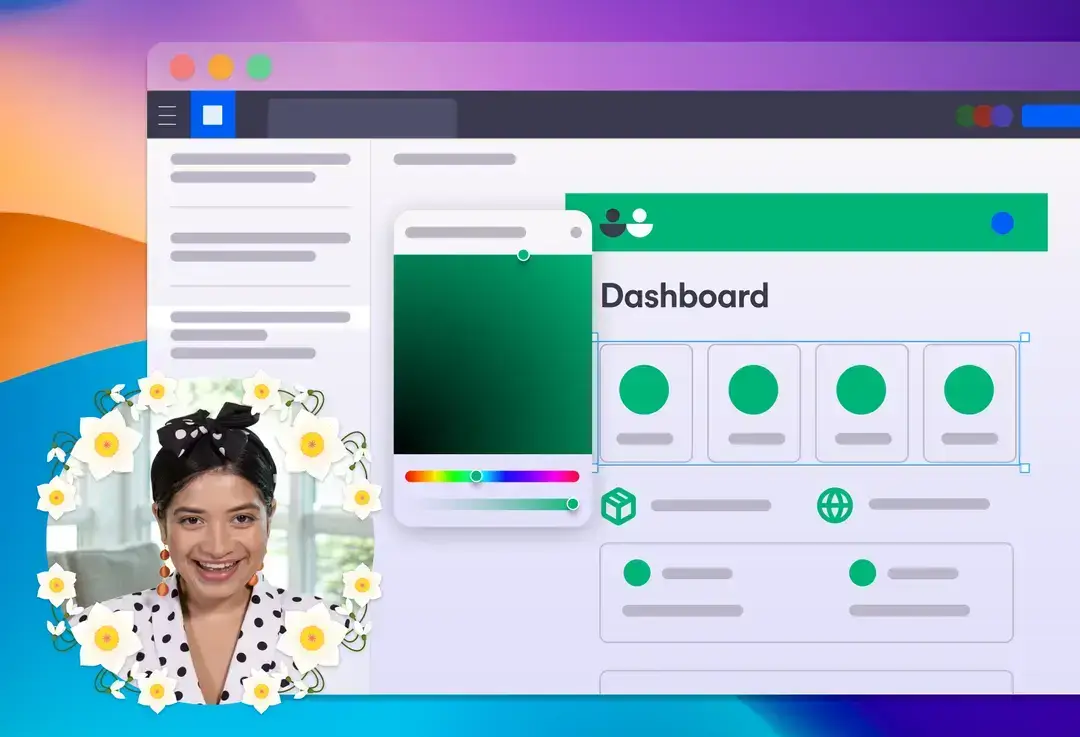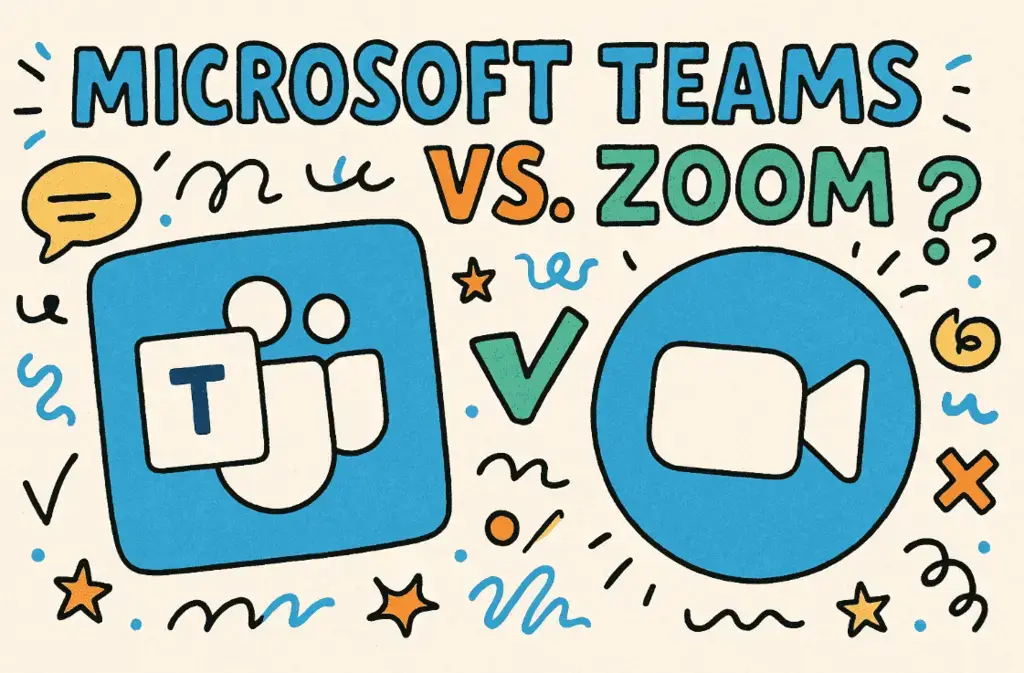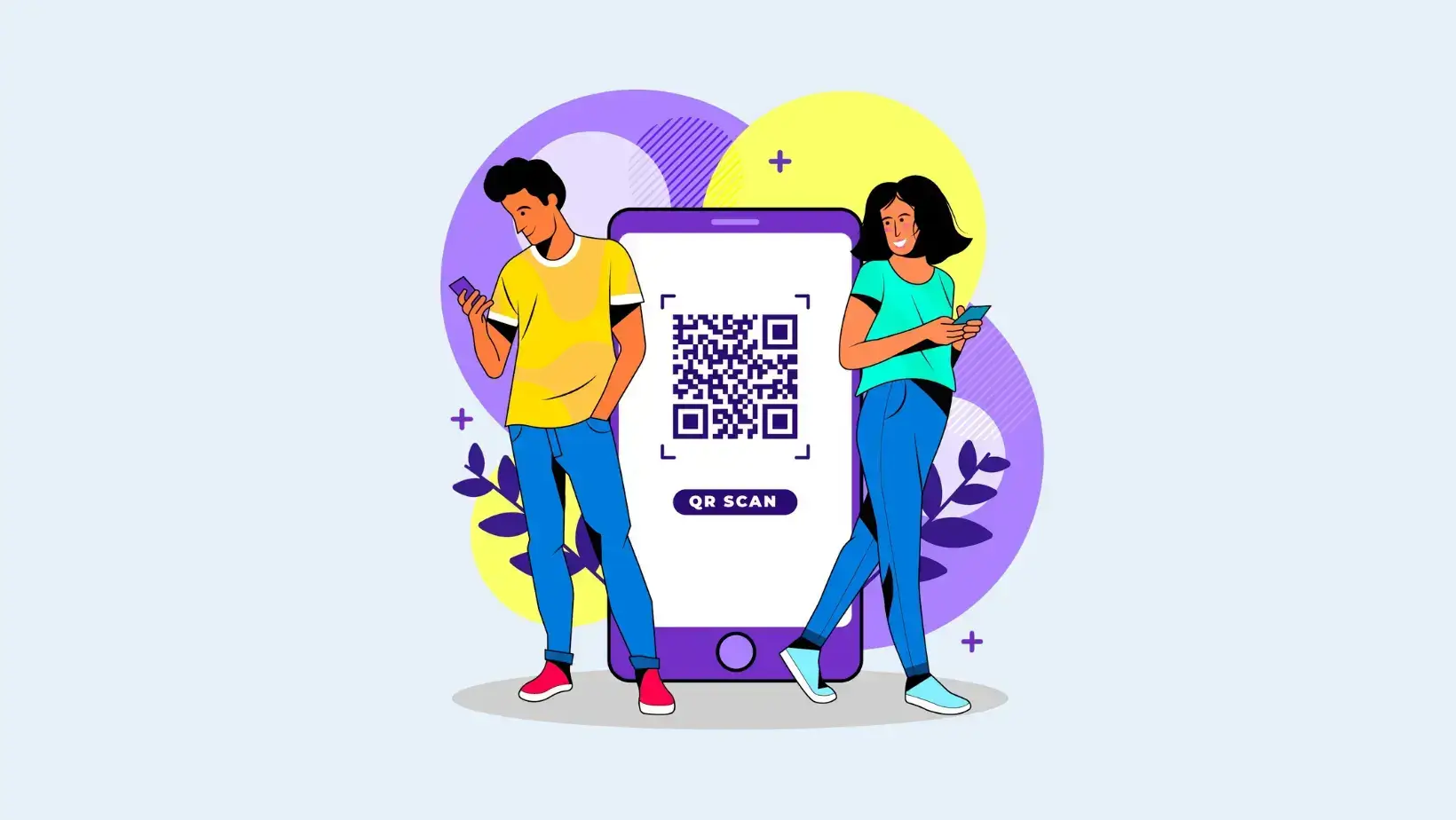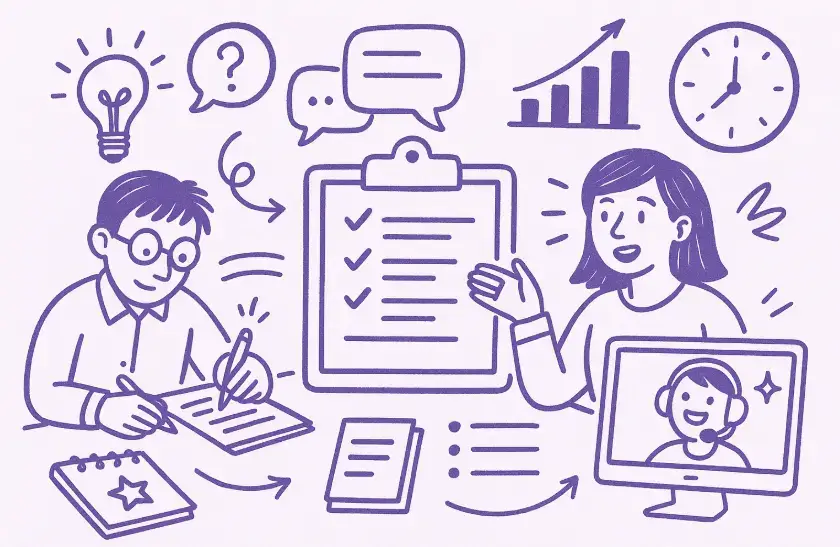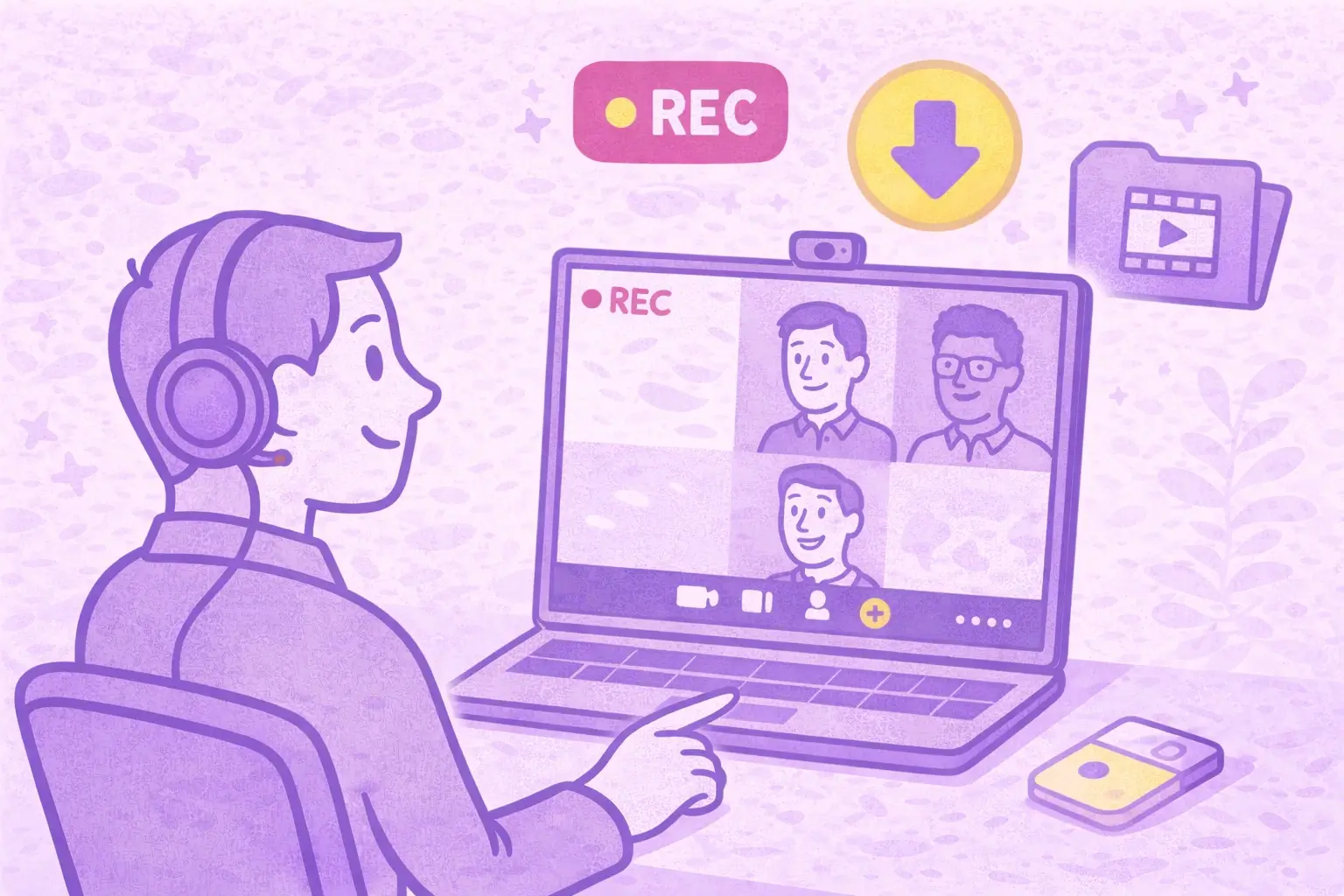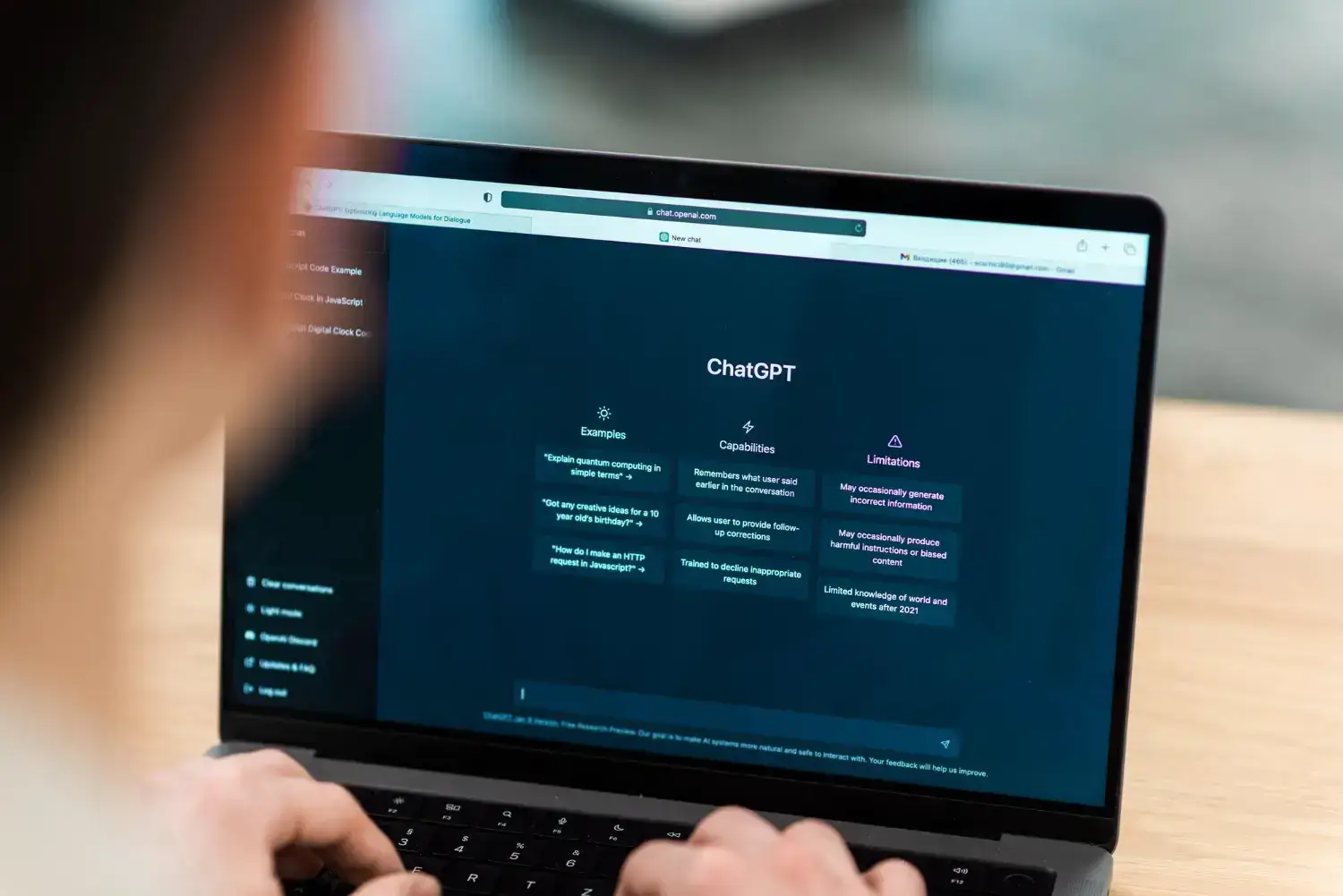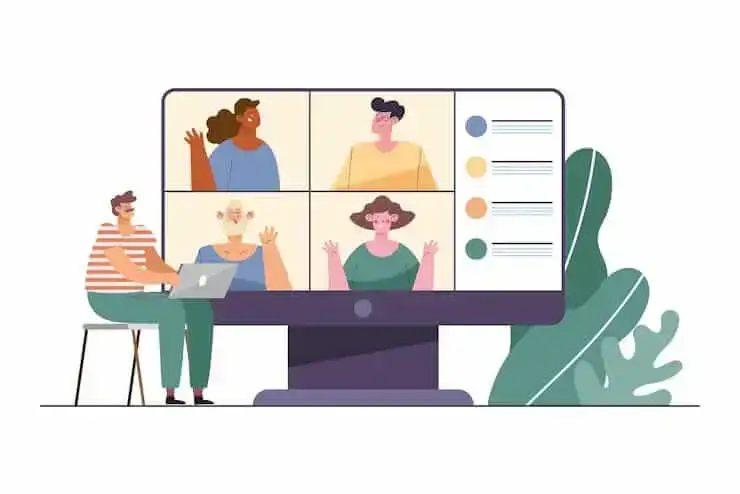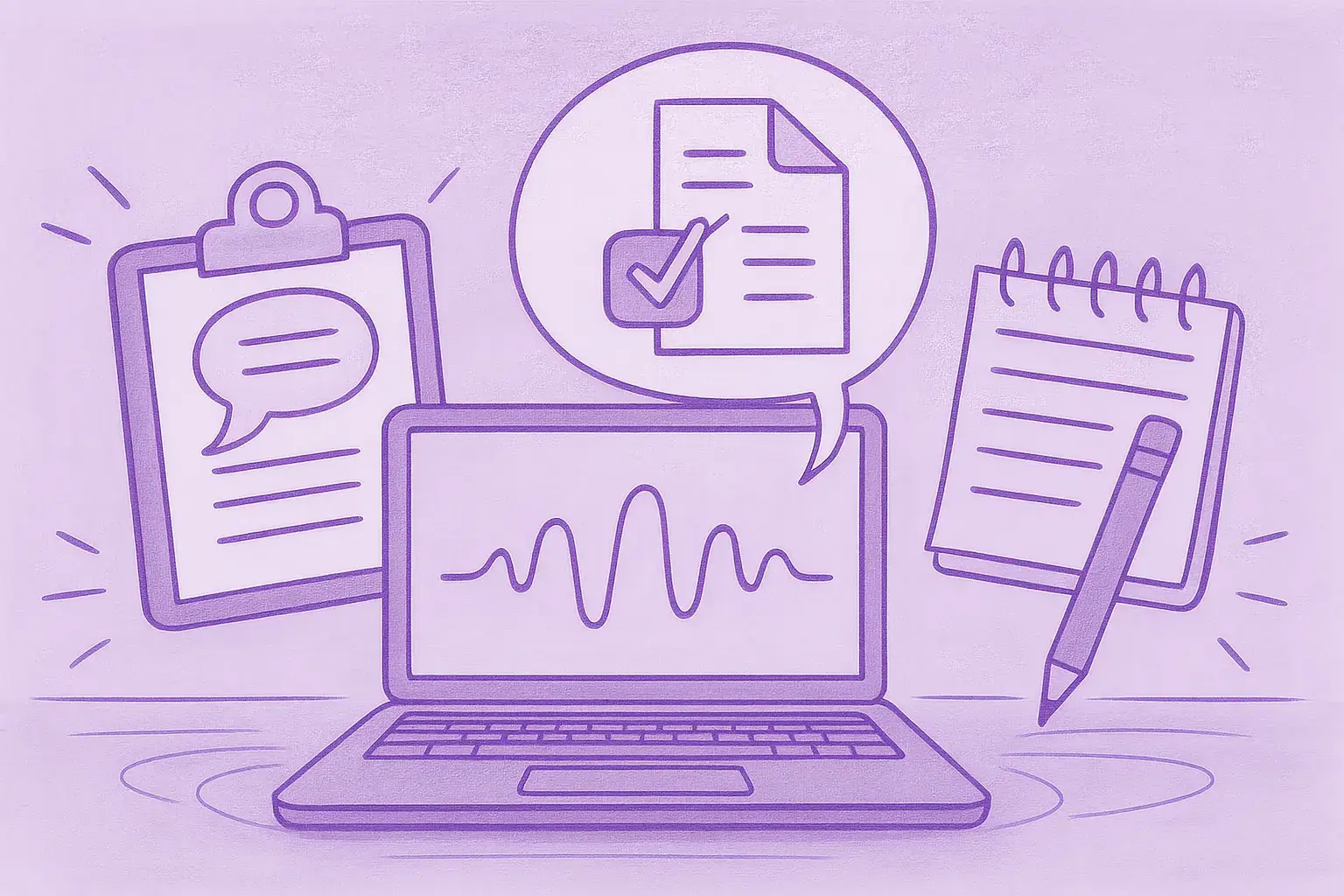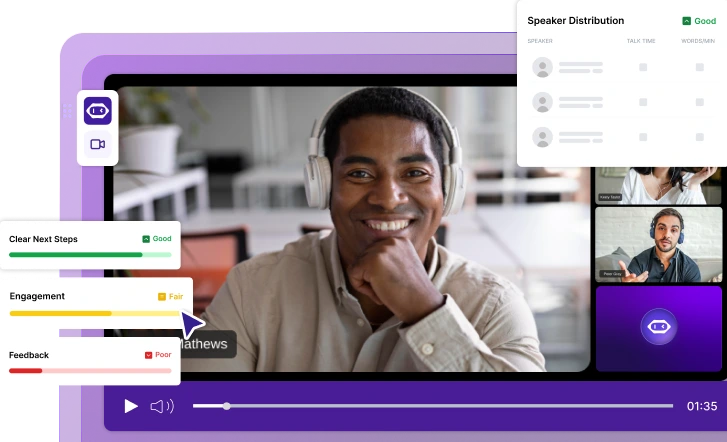Der MCP-Server von MeetGeek erklärt: Wie KI-Assistenten damit Besprechungen transformieren können
Erfahren Sie, wie der MCP Server von MeetGeek KI-Assistenten dabei unterstützt, Ihre Besprechungen in intelligente, umsetzbare Erkenntnisse zu verwandeln, und das alles von Ihrem lokalen Computer aus.
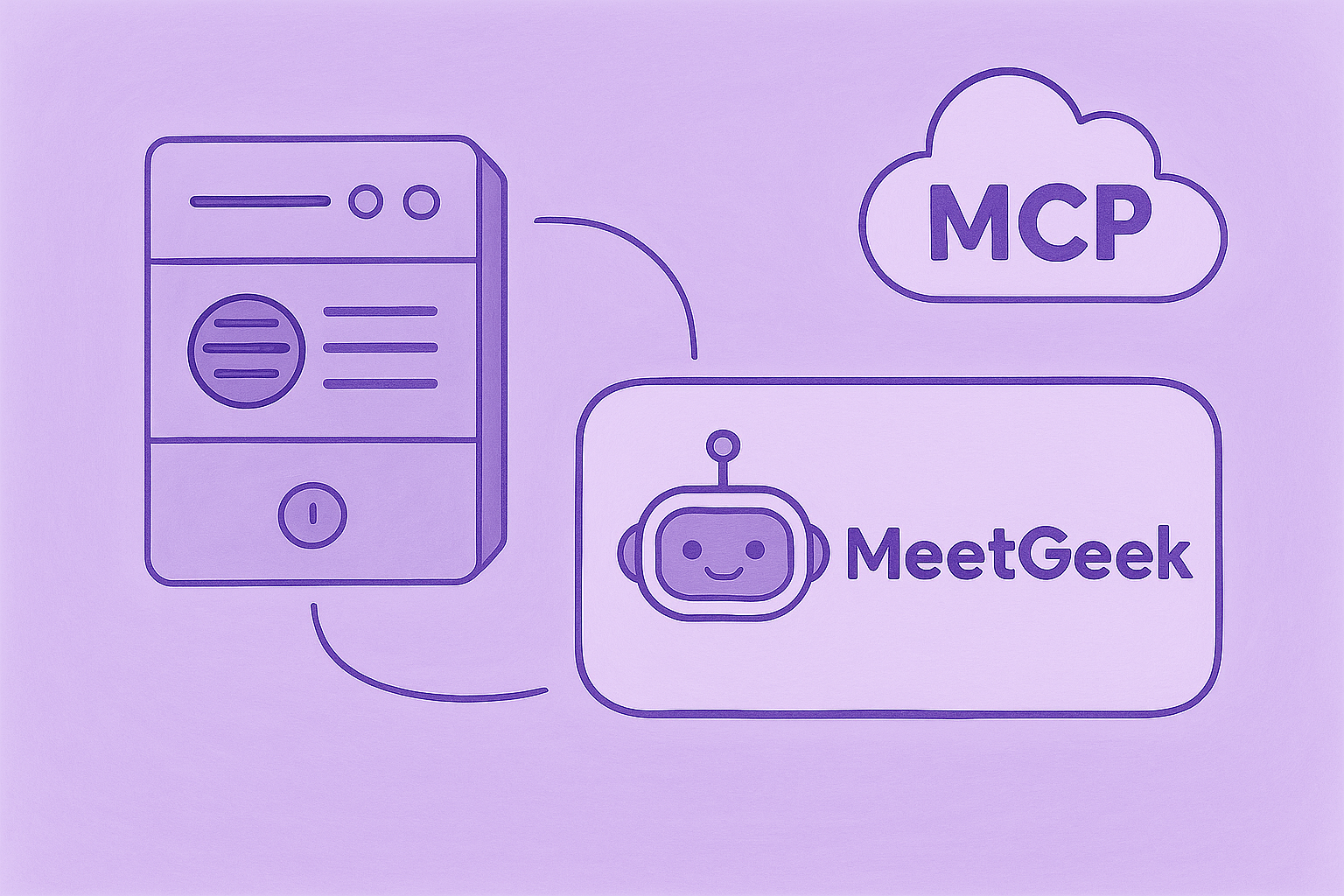
✅ Free meeting recording & transcription
💬 Automated sharing of insights to other tools.

Die Art und Weise, wie wir arbeiten, hat sich geändert. Da immer mehr Profis für Kommunikation, Projektmanagement und Notizen auf mehrere Apps angewiesen sind, ist es leicht, überfordert zu werden. Hier kommen KI-Assistenten und Tools wie MeetGeek ins Spiel. Sie ermöglichen es, Aufgaben zu erledigen, relevante Informationen anzuzeigen und menschliche Eingriffe durch Automatisierung zu reduzieren.
Mit der Einführung seines Model Context Protocol (MCP) -Servers macht MeetGeek einen großen Schritt nach vorne. Diese nahtlose Integration verbindet Ihre Meeting-Daten mit KI-Plattformen für persönliche Assistenten wie Claude und Cursor, sodass sie Routineaufgaben automatisieren, bestimmte Aufgaben ausführen und sogar komplexe Arbeitsabläufe mithilfe strukturierter Eingaben abwickeln können.
Was ist der MeetGeek MCP Server?
Das MeetGeek MCP Server ist ein lokales, Node.js-basiertes Softwareprogramm, das als sichere Brücke zwischen Ihren KI-Tools und den über MeetGeek verarbeiteten Daten dient. Es implementiert das Model Context Protocol (MCP), einen offenen Standard, der AI-Agenten eine einheitliche Möglichkeit bietet, eine Verbindung zu externen Anwendungen herzustellen.
Im Gegensatz zu anderen Integrationen, die auf Cloud-Zugriff oder Systemen von Drittanbietern basieren, läuft der MCP Server auf Ihrem Computer. Das bedeutet, dass auf Ihre Sitzungsprotokolle, Zusammenfassungen, Aktionspunkte und Höhepunkte sicher und lokal zugegriffen werden kann. Es gibt keine Datenlecks oder einen unnötigen Austausch mit externen Diensten.
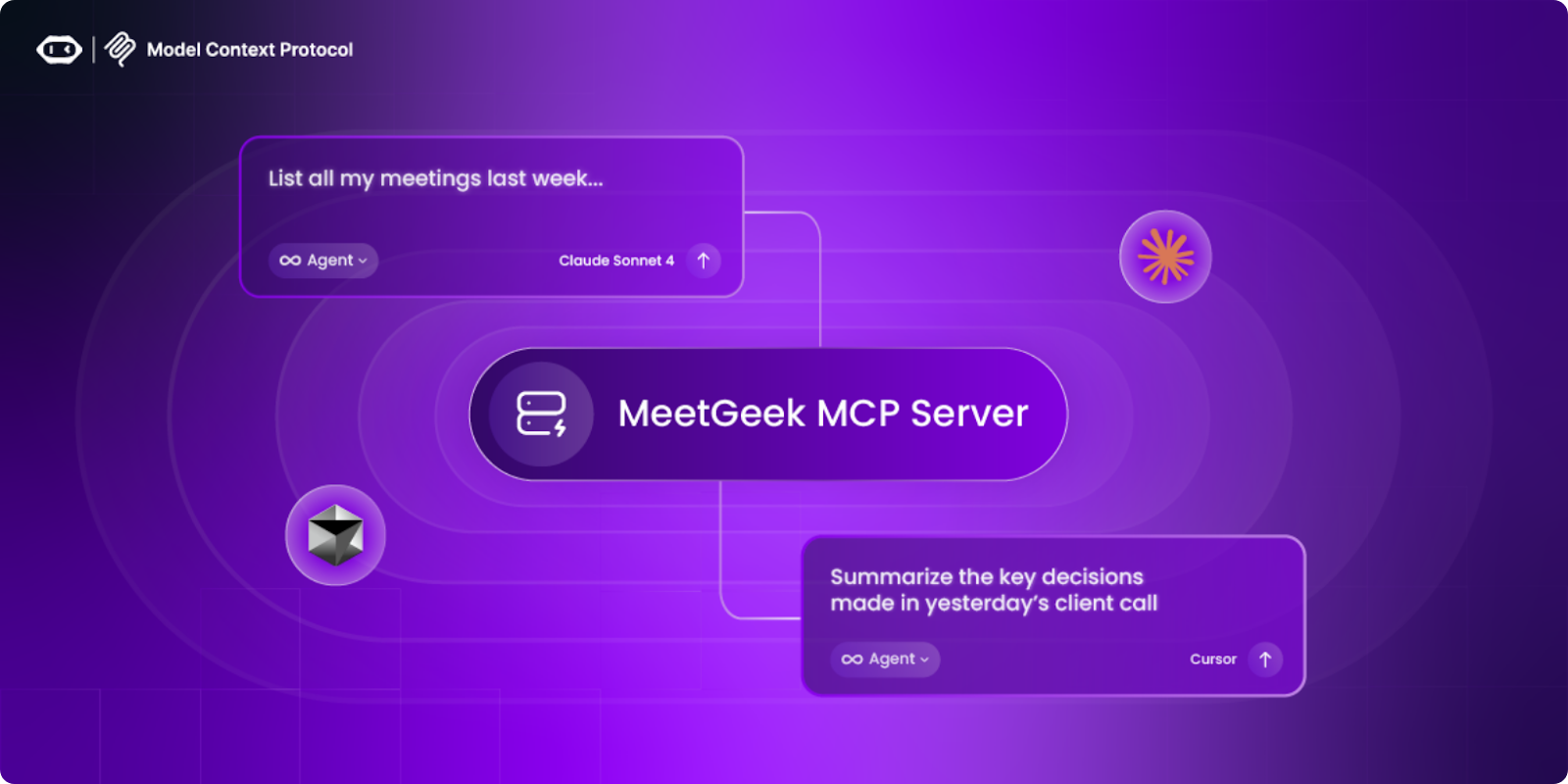
Warum der MCP Server wichtig ist
Moderne Fachkräfte verwenden Messaging-Apps, Projektmanagement-Tools, intelligente Geräte und digitale Tools, um ihre Arbeit zu erledigen. Trotz der Nutzung dieser Plattformen führt der Wechsel zwischen ihnen häufig zu Zeitverschwendung und verstreuten Informationen.
Während KI-Assistenten Da sie versprechen, die Arbeit zu vereinfachen, benötigen sie Zugriff auf strukturierte Daten, um wirklich effektiv zu sein. Das ist der entscheidende Unterschied zwischen einem einfachen digitalen Assistenten und einem leistungsstarken, KI-gestützten Assistenten: die Fähigkeit, auf kontextreiche Informationen mit Echtzeitdaten zuzugreifen, diese zu interpretieren und darauf zu reagieren.
Genau das bietet der MeetGeek MCP Server.
Es wandelt passive Besprechungsinhalte in dynamische, verwertbare Daten für Ihren virtuellen Assistenten um. Ganz gleich, ob Sie versuchen, eine To-Do-Liste zu verwalten, Aufgaben zuzuweisen oder durch Datenanalysen Erkenntnisse zu gewinnen, der MCP Server ermöglicht es autonomen KI-Agenten, sich tief in Ihren Arbeitsablauf zu integrieren.
Was KI-Assistenten mit MeetGeek-Daten machen können
Sobald Sie mit dem MeetGeek MCP Server verbunden sind, kann Ihr persönlicher KI-Assistent:
- Fassen Sie Onboarding- oder Planungsbesprechungen zusammen mit KI-generierten Übersichten
- Alle offenen auflisten Aktionspunkte von den letzten Synchronisierungen, um sicherzustellen, dass nichts übersehen wird
- Rufen Sie das Protokoll ab aus dem gestrigen Kundenanruf mit natürlichen Eingabeaufforderungen
- Laden Sie eine Aufnahme hoch und erstellen Sie eine Zusammenfassung, alles über Sprach- oder Textbefehle
- Erstellen Sie eine To-Do-Liste von einer Projektbesprechung, organisiert nach Priorität oder Fälligkeitsdatum, oder Unterstützung bei Besprechungen planen basierend auf der Verfügbarkeit des Teams
- Analysieren Sie das Feedback der Benutzer oder Kundenanliegen, die in Besprechungen besprochen wurden
- Zeitblock Ihr Kalender basiert auf Diskussionspunkten oder Follow-ups
- Automatisieren Sie Arbeitsabläufe durch Extrahieren wichtiger Highlights, Entscheidungen oder Folgemaßnahmen
- Antworten geben bis hin zu komplexen Fragen wie „Was haben wir in der Telefonkonferenz zur Planung der letzten Woche entschieden?“
- Führen Sie mehrere Aufgaben aus wie das Senden von Zusammenfassungen an Messaging-Plattformen oder E-Mail-Apps
Diese Funktionen zeigen, wie KI-Assistenten funktionieren effektiv, wenn Zugriff auf umfangreiche, strukturierte Daten gewährt wird: Interpretation natürlicher Sprache, Erkennung des Benutzerverhaltens und Reaktion mit personalisierten Antworten in Echtzeit.
Hauptfunktionen des MeetGeek MCP Servers
Der MCP Server bietet zahlreiche Vorteile, sodass KI-Tools über eine wachsende Liste nützlicher Befehle direkt mit Ihren Meeting-Inhalten interagieren können:
- liste_treffen — Filtern Sie Besprechungen nach Teilnehmer, Zeitraum, Tag oder Plattform
- get_meeting — Rufen Sie Metadaten wie Datum, Teilnehmer und Zweck der Besprechung ab
- get_transcript — Greifen Sie auf vollständige Transkripte zu, die dem Sprecher zugeordnet sind und mit einem Zeitstempel versehen sind
- get_summary — KI-generierte Zusammenfassungen in Kurz-, Mittel- oder Detailformaten
- Aktionselemente auflisten — Finden Sie umsetzbare Follow-ups mit Terminen und Eigentümern
- Höhepunkte auflisten — Automatisch kuratierte Einblicke und Zitate aus Ihren Anrufen
Diese Funktionen ermöglichen es KI-Assistenten, autonom zu arbeiten, sich wiederholende Aufgaben zu verwalten, alltägliche Aufgaben zu unterstützen und komplexe Aufgaben abteilungsübergreifend zu erledigen. Sie verbessern auch die Arbeitsabläufe im Kundensupport, indem sie Kundenfragen beantworten, den manuellen Aufwand bei der Datenanalyse reduzieren und Initiativen zur Verbesserung des Kundenerlebnisses auf der Grundlage der Benutzerbedürfnisse und Benutzerpräferenzen stärken.
Beispiele für Anwendungsfälle
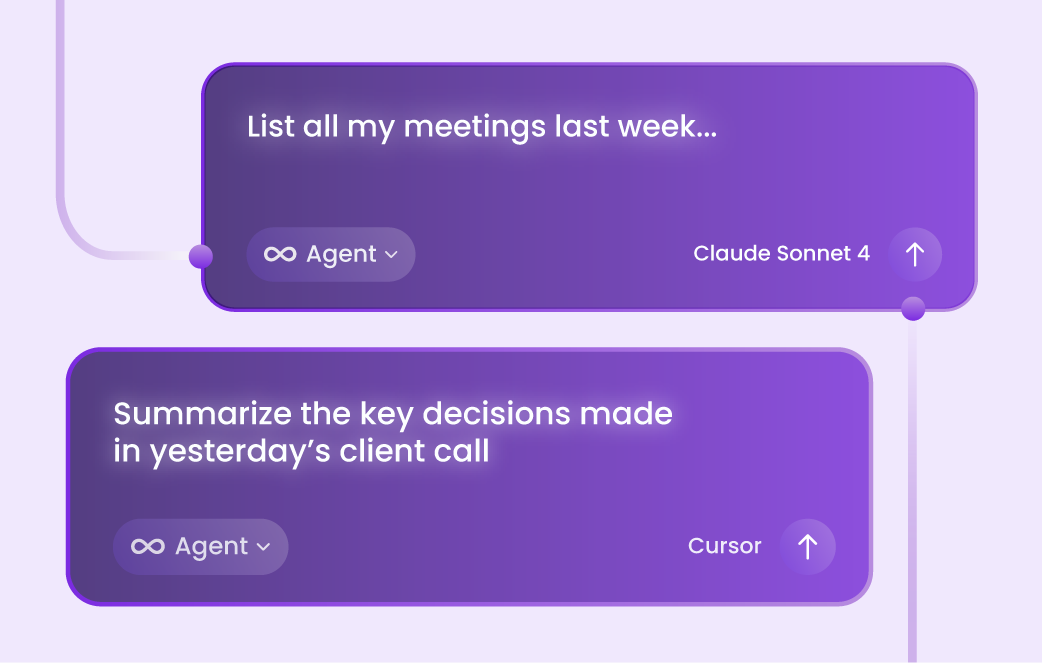
Vertriebsteams
Vertriebsteams verlassen sich häufig auf KI, um die Produktivität zu steigern, indem Prozesse nach einem Anruf beschleunigt und das manuelle Notieren reduziert werden. Mit dem MCP Server von MeetGeek kann ein persönlicher KI-Assistent:
- Fassen Sie Einwände und Bedenken zusammen, die in Verkaufsgesprächen geäußert wurden
- Heben Sie Muster der Kaufabsicht oder des Zögerns hervor
- Organisieren Sie Besprechungsnotizen und synchronisieren Sie sie mit Projektmanagement-Tools
- Extrahieren Sie Erwähnungen von Mitbewerbern oder Produkt
- Automatisches Aktualisieren Ihres CRM, Google Calendar oder anderer Tools
Durch den Einsatz von KI zur Durchführung von Aufgaben wie der Erstellung von Follow-ups oder der Nachverfolgung von Geschäftschancen gewinnen Mitarbeiter Zeit, um Beziehungen aufzubauen.
Führungskräfte und Teamleiter
Führungskräfte benötigen einen umfassenden Überblick über Projekte, Entscheidungen und Fortschritte. Der MCP Server hilft ihnen:
- Erhalten Sie wöchentliche Besprechungsübersichten ohne manuelle Eingaben
- Verfolgen Sie abteilungsübergreifend getroffene Entscheidungen
- Identifizieren Sie überfällige Maßnahmen oder Blocker
- Analysieren Sie den Ton, das Engagement oder die Stimmung des Sprechers mithilfe der Spracherkennung
- Synchronisieren Sie Erkenntnisse mit Tools wie Google Maps für regionale Strategien oder Apple-Geräten
Mit der Fähigkeit, Fragen zu beantworten und sofortige Antworten zu geben, verändert diese Integration die Art und Weise, wie Führungskräfte mit ihren Daten umgehen.
Marketingteams
Marketingfachleute haben oft Schwierigkeiten, rechtzeitig auf echtes Feedback zuzugreifen. Mit MeetGeek:
- Sitzungsprotokolle können nach Stichworterwähnungen durchsucht werden
- Kundenphrasen werden als direkte Anführungszeichen extrahiert
- Wettbewerbsanalysen sind schneller, da sie natürliche Sprachverarbeitung verwenden
- Die Kampagnenplanung kann auf tatsächlichen Benutzereingaben basieren
KI-Agenten helfen dabei, die Produktivität zu steigern, indem sie Anrufe in Ressourcen für Nachrichten und Inhaltsstrategien umwandeln.
Kundenbetreuung und Erfolg
Kundenserviceteams profitieren vom schnellen Zugriff auf wiederkehrende Probleme, Abwanderungssignale und Onboarding-Feedback. Mit dem MCP Server kann Ihr persönlicher KI-Assistent:
- Problembereiche von Onboarding-Meetings kennzeichnen
- Hervorheben von Unzufriedenheitsauslösern
- Stellen Sie den Support-Managern Zusammenfassungen zur schnellen Überprüfung zur Verfügung
- Kundendatensätze aktualisieren, ohne die Apps zu wechseln
- Identifizieren Sie langfristige Trends durch maschinelles Lernen
Diese Verbesserungen verbessern die Reaktionszeit, die Supportqualität und das Kundenerlebnis insgesamt.
Den MeetGeek MCP Server einrichten
Anforderungen
Um mit dem MeetGeek MCP Server zu beginnen, benötigst du:
- Node.js Version 14 oder höher
- Ein gültiges MeetGeek-Konto mit Zugriff auf den API-Schlüssel
- Ein MCP-kompatibles KI-Tool wie Claude Desktop oder Cursor
- (Optional) Benutzerdefinierte MeetGeek-Basis-URL, wenn Sie eine private Bereitstellung verwenden
Installation
1. Klonen Sie das MCP-Server-Repository:
Git-Klon https://github.com/meetgeekai/meetgeek-mcp-server
2. Abhängigkeiten installieren:
3. Erstellen Sie den Server:
4. Starten Sie den Server mit Ihrem API-Schlüssel:
Gefunden unter deinem MeetGeek-Account → Integrationen → Öffentliche API.
Dadurch wird ein lokaler Server gestartet, der auf Anfragen von unterstützten AI-Clients antworten kann.
Integration des MCP-Servers mit Claude Desktop
1. Öffnen Sie Ihre Claude-Konfigurationsdatei:
- macOS: ~/Library/Application Support/Claude/Claude_Desktop_Config.json
- Windows: %APPDATA%\ Claude\ claude_desktop_config.json
Fügen Sie die Konfiguration hinzu:
Ersetzen Sie Pfade und Werte durch Ihre tatsächlichen Daten
2. Starten Sie Claude Desktop neu
3. Testen Sie, indem Sie fragen: „Zeig mir meine Meetings von letzter Woche.“
Den MCP-Server mit Cursor verwenden
1. Cursor-Einstellungen öffnen
2. Navigieren Sie zum Abschnitt KI oder Integrationen
3. Fügen Sie den MCP-Server mit einer ähnlichen Konfiguration wie Claude hinzu
4. Starten Sie den Cursor neu, um die Änderungen zu übernehmen
5. Fordere den Cursor mit einer Abfrage wie: „Zeige Aktionspunkte aus den Verkaufsberichten des letzten Quartals an“
Eine visuelle Anleitung zur Verwendung unseres MCP Servers mit Claude und Cursor finden Sie in diesem Video:
Eine neue Ära KI-gestützter Besprechungen
Der MeetGeek MCP Server ist mehr als ein technisches Add-on. Es ist ein Schritt, um KI-Assistenten zu einem Teil Ihres täglichen Workflows zu machen, ohne ständig zwischen Apps hin- und herwechseln oder manuell arbeiten zu müssen.
Indem Sie Ihrem persönlichen KI-Assistenten direkten Zugriff auf Besprechungsinformationen geben, ermöglichen Sie ihm, Aufgaben auszuführen, administrative Aufgaben zu erledigen und auf Benutzerinteraktionen in Echtzeit zu reagieren. Ganz gleich, ob Sie eine To-Do-Liste verwalten, Folgemaßnahmen planen oder Aufgaben ausführen, der MCP Server unterstützt die besten persönlichen KI-Assistenten mit fortschrittlichen Funktionen dabei, signifikante Produktivitätssteigerungen zu erzielen.
Testen Sie MeetGeek noch heute kostenlos und erleben Sie die nächste Generation KI-gestützter Meeting-Produktivität.
Häufig gestellte Fragen
Wofür wird der MCP Server verwendet?
Es verbindet Ihre KI-Tools mit MeetGeek speichert Besprechungsdaten, sodass Sie Arbeitsabläufe wie das Zusammenfassen von Besprechungen, das Extrahieren von Protokollen und das Auflisten von Aktionspunkten automatisieren können.
Läuft es lokal oder in der Cloud?
Der Server läuft lokal und hält Ihre Daten sicher und privat, sofern nicht anders konfiguriert.
Welche KI-Tools sind kompatibel?
Claude Desktop, Cursor und jedes MCP-kompatible Tool. Die zukünftige Unterstützung könnte weitere Plattformen für künstliche Intelligenz umfassen.
Benötige ich technische Fähigkeiten, um es einzurichten?
Grundkenntnisse mit Node.js und Konfigurationsdateien sind hilfreich. Klare Anweisungen sind auf GitHub verfügbar.
Gibt es einen kostenlosen Tarif?
Ja Lerne Geek kennen bietet einen kostenlosen Plan an. Für den API-Zugriff auf den MCP-Server ist jedoch je nach Nutzung möglicherweise ein kostenpflichtiges Abonnement erforderlich.
Welche Art von Aufgaben kann es automatisieren?
Es kann das Erstellen von Notizen, die Verfolgung von Aktionspunkten, die Datenanalyse und die Zusammenfassung von Besprechungen automatisieren. Es kann auch Erkenntnisse mit Ihrem Kalender, CRM oder anderen Messaging-Apps synchronisieren, sodass Sie mehr Platz für wichtigere Aufgaben haben.
Kann ich es zusammen mit Google Assistant oder anderen Sprachassistenten verwenden?
Ja, der MCP Server funktioniert mit KI-Plattformen, die sich auf die Produktivität am Arbeitsplatz konzentrieren. Sie können ihn zusammen mit Smart-Home-Geräten oder Sprachassistenten für eine breitere Verwendung verwenden.
Wie geht es mit Eingaben in natürlicher Sprache um?
Der Server selbst verarbeitet keine natürliche Sprache. Stattdessen interpretieren die KI-Assistenten sie und kommunizieren über ein etabliertes Protokoll mit dem Server.
.avif)



